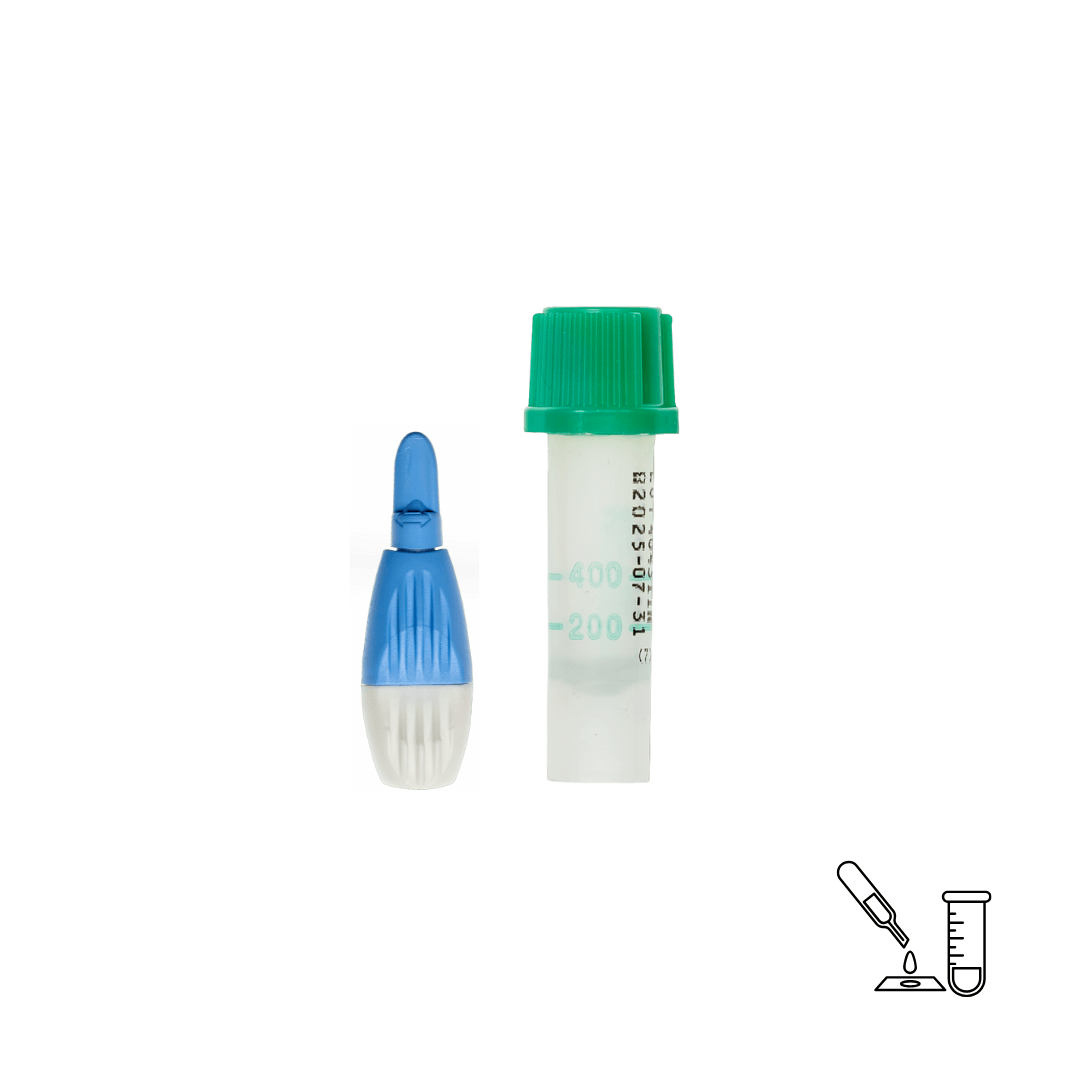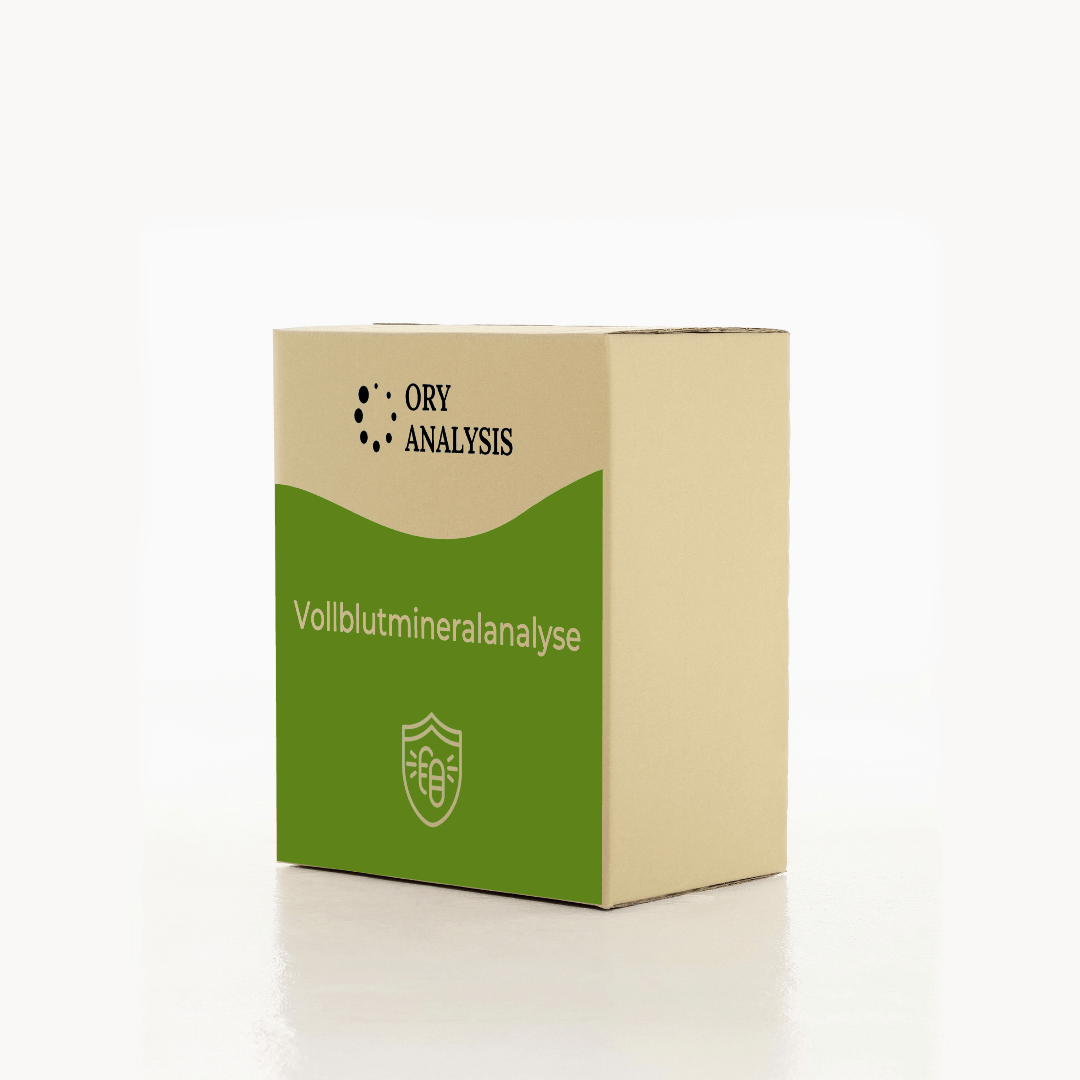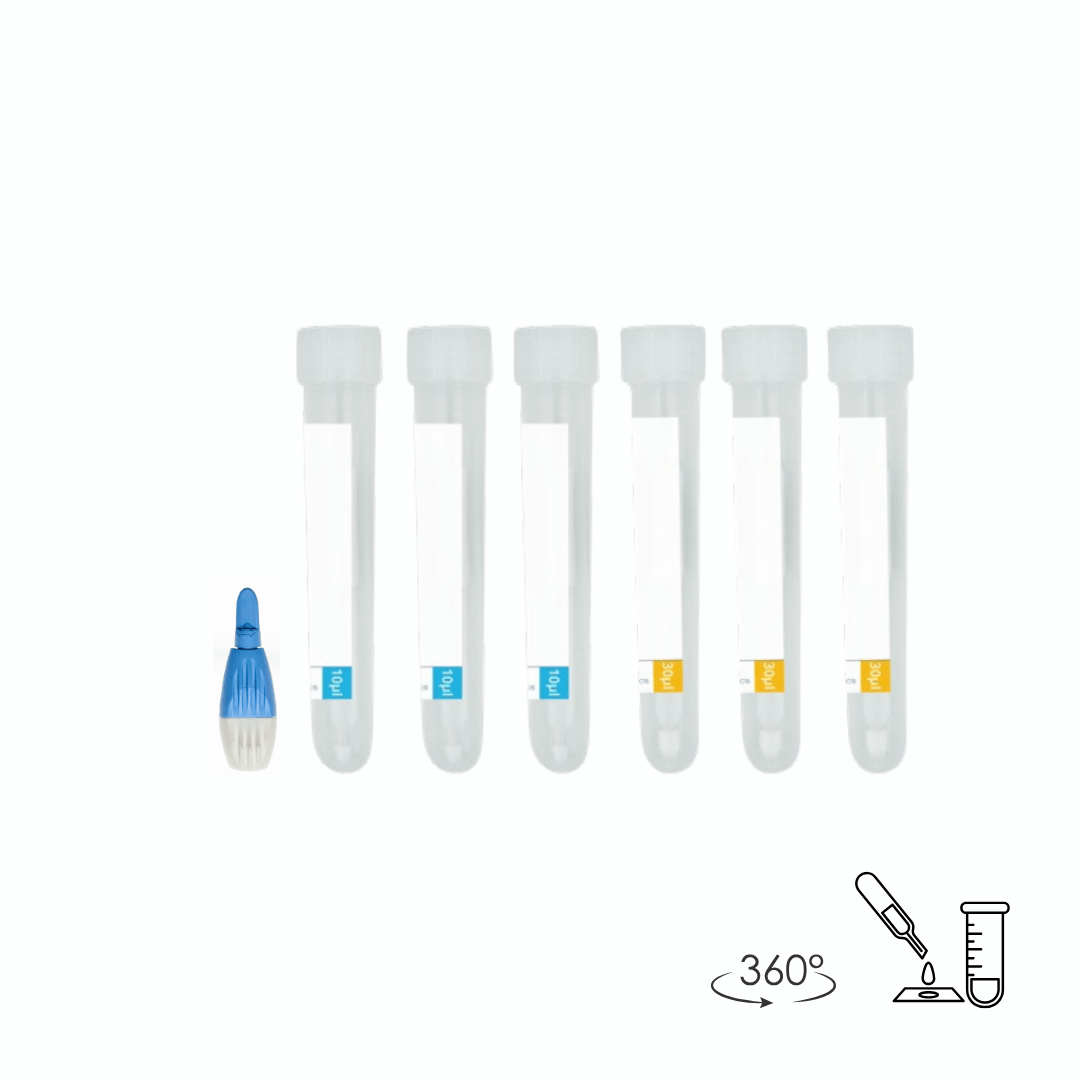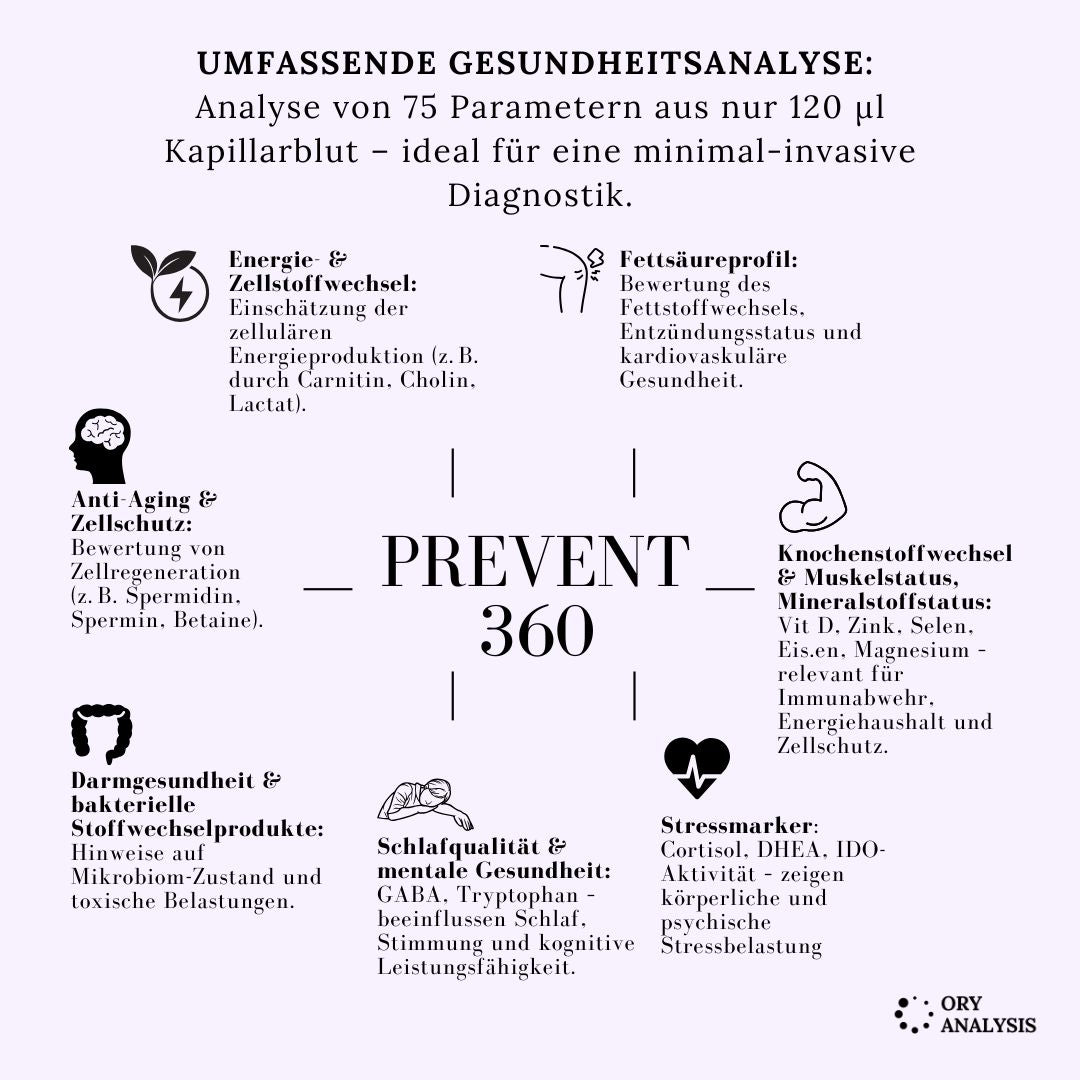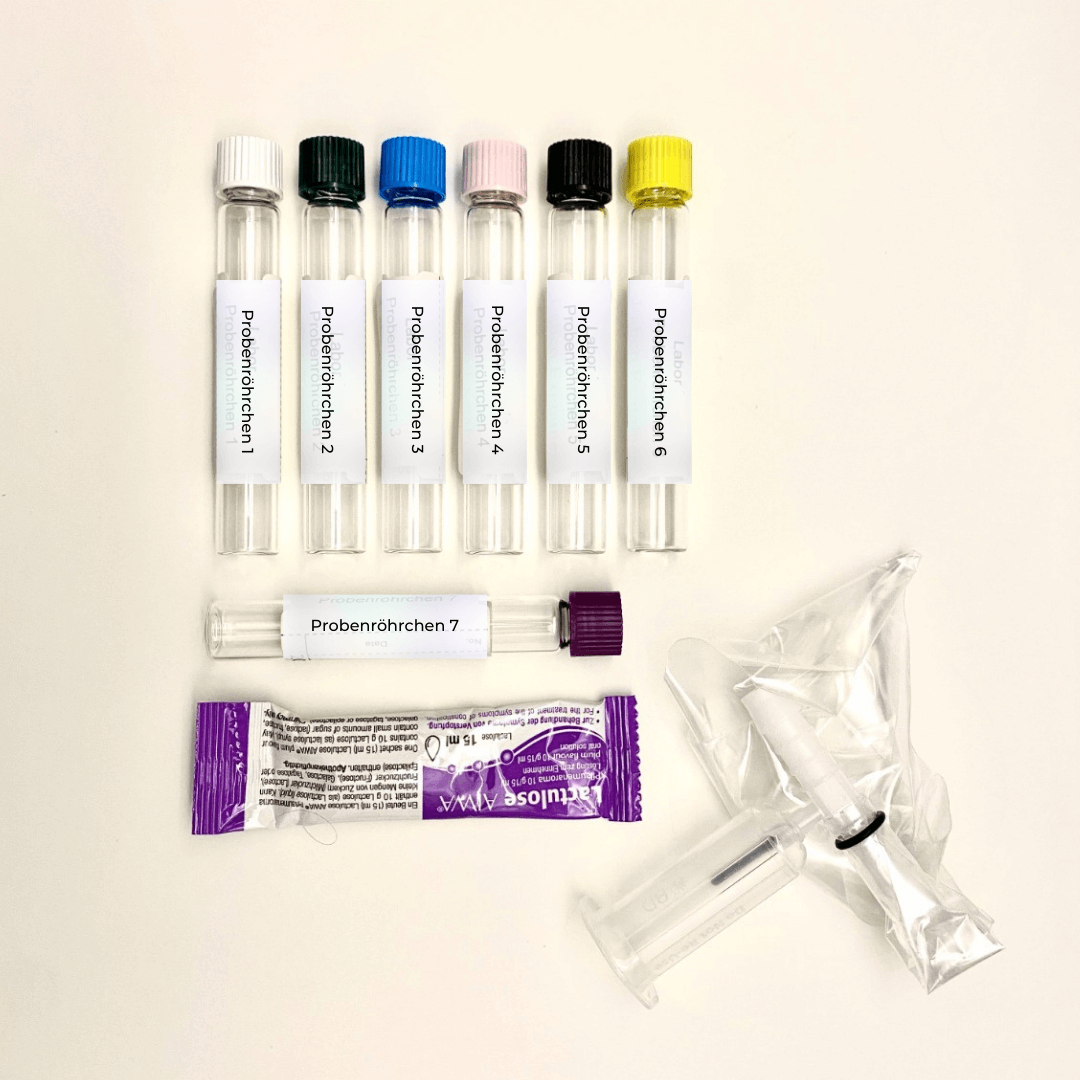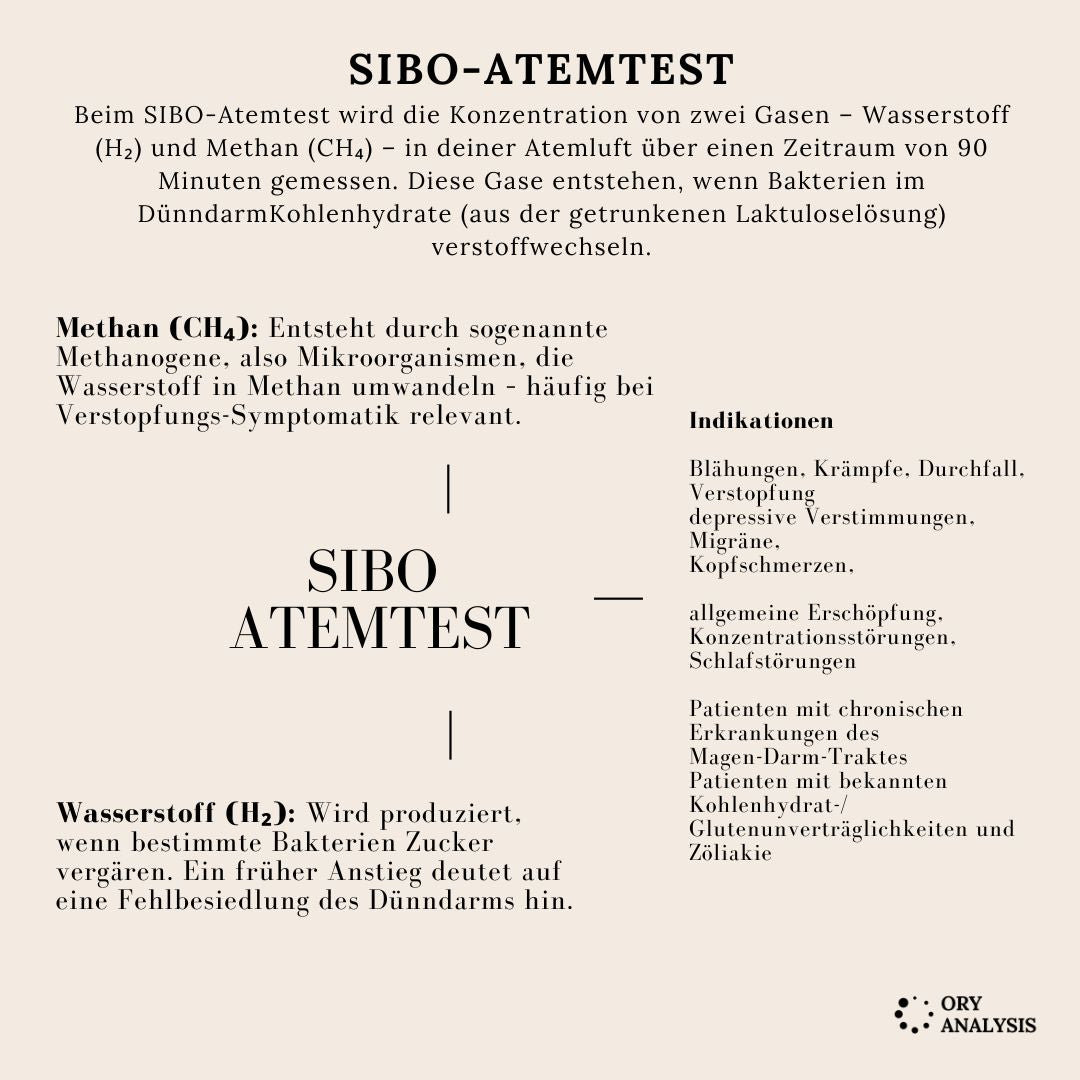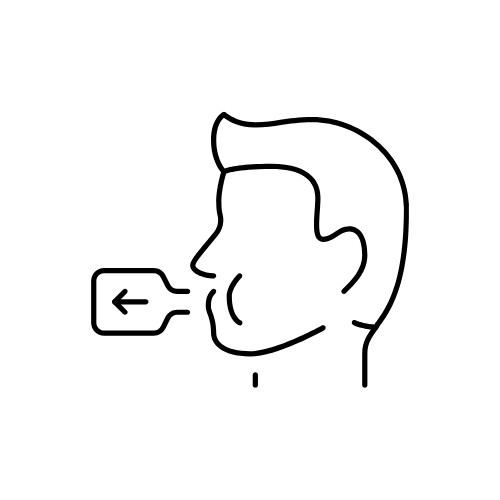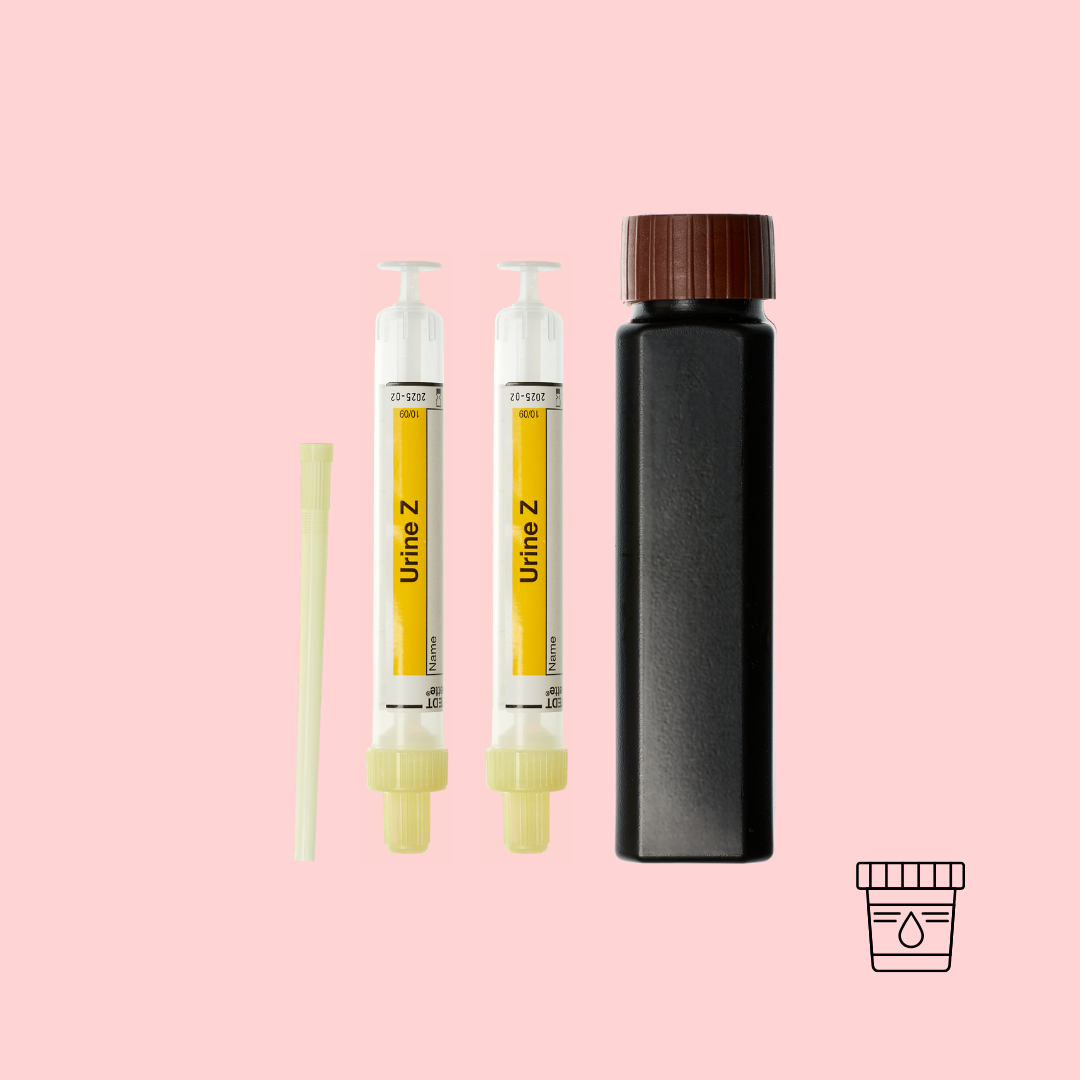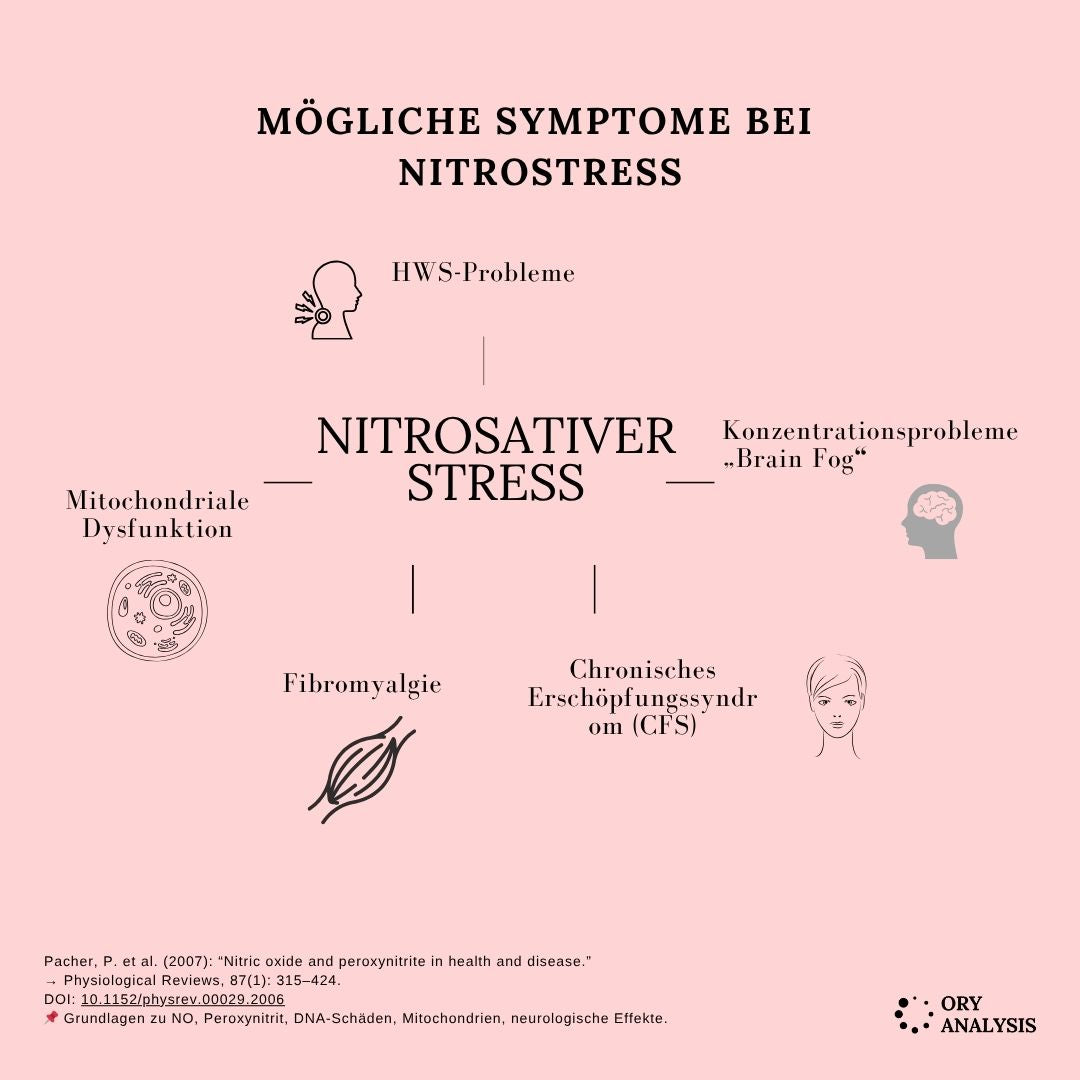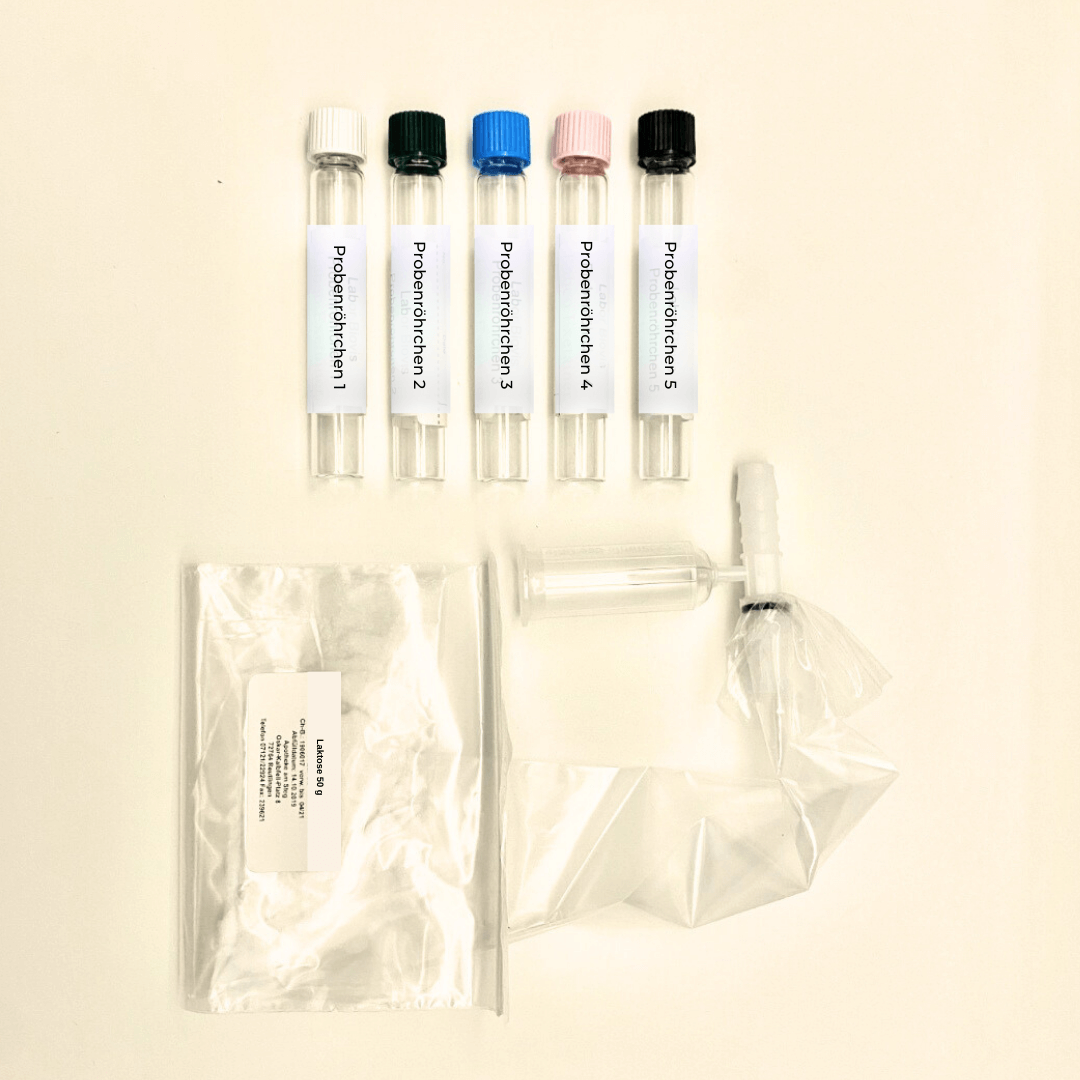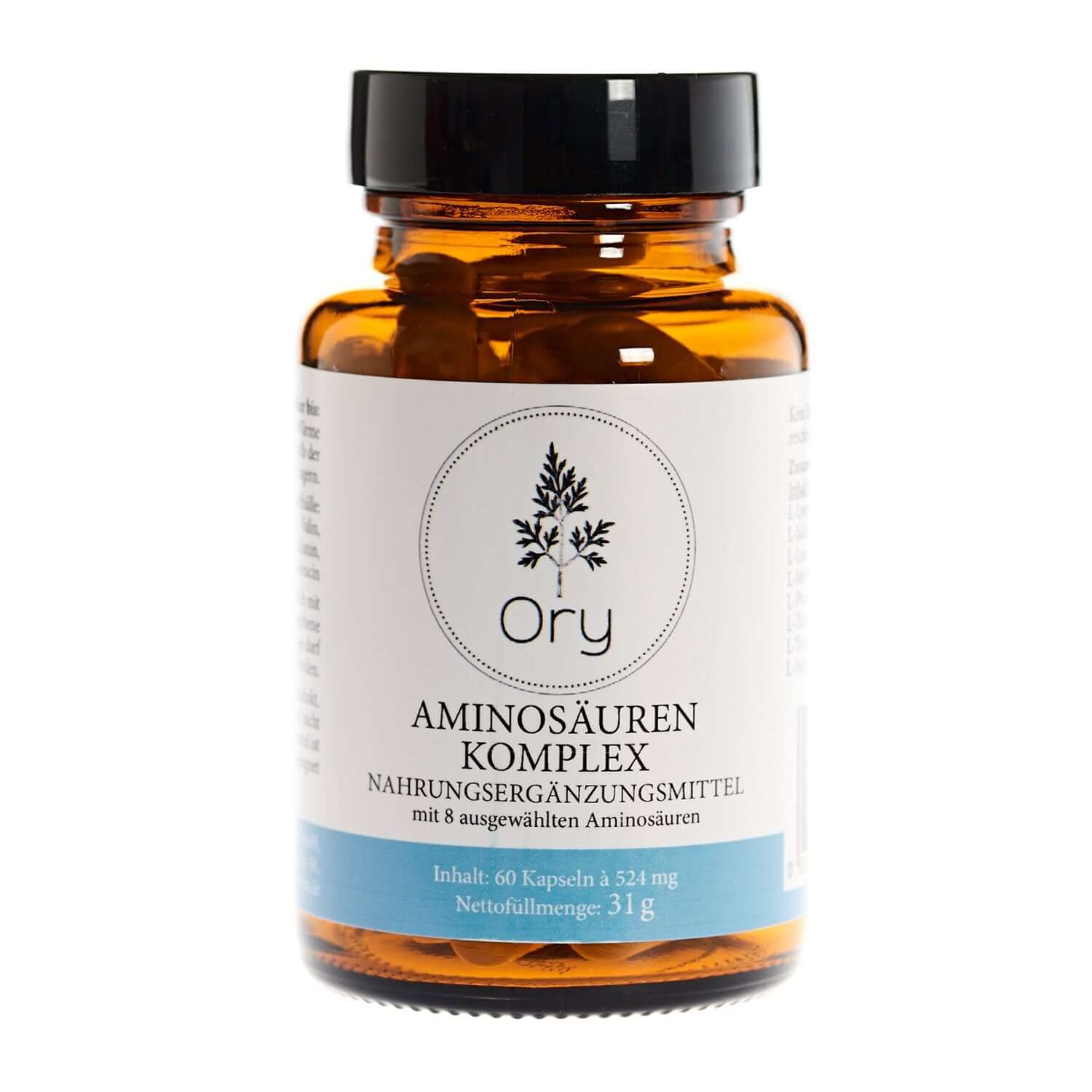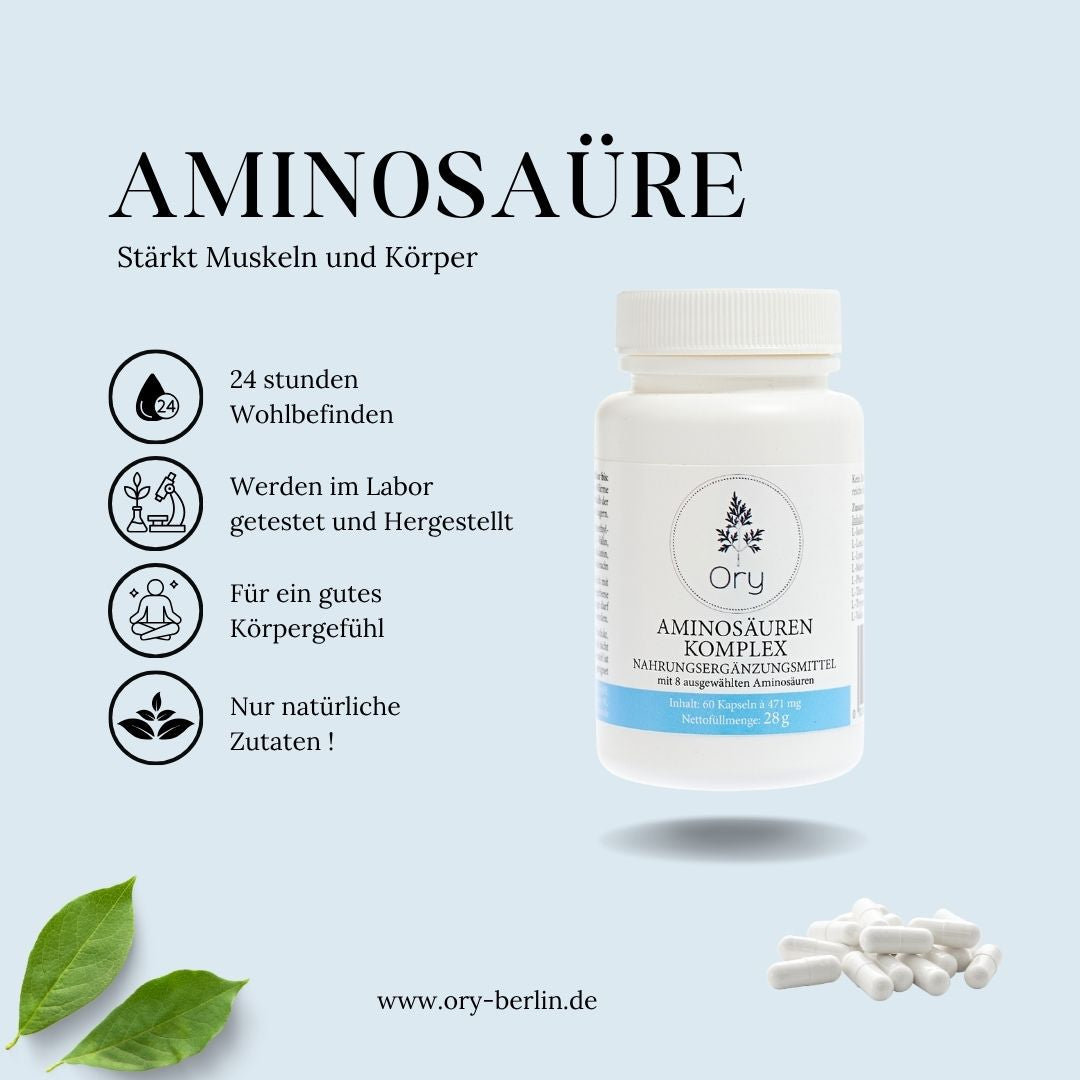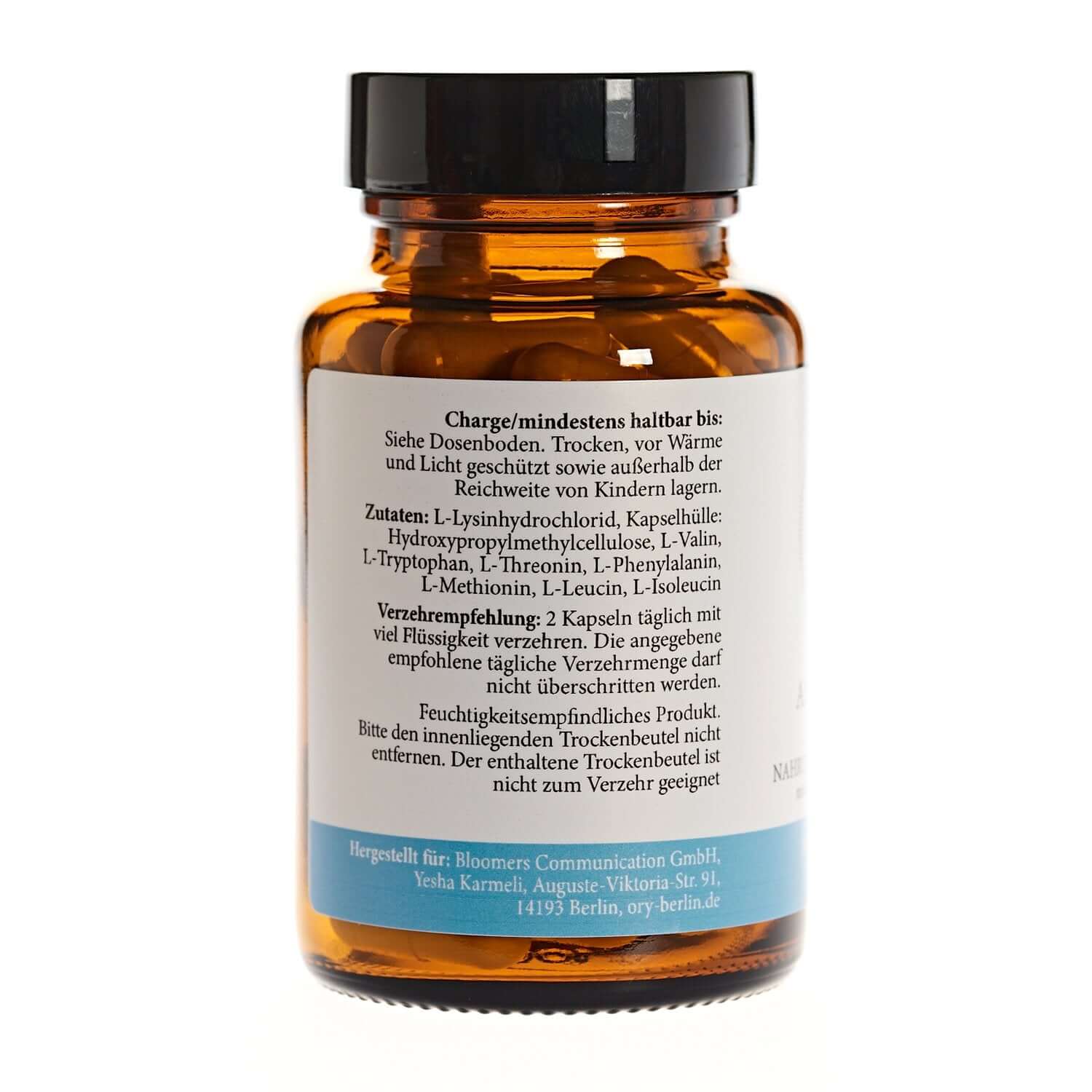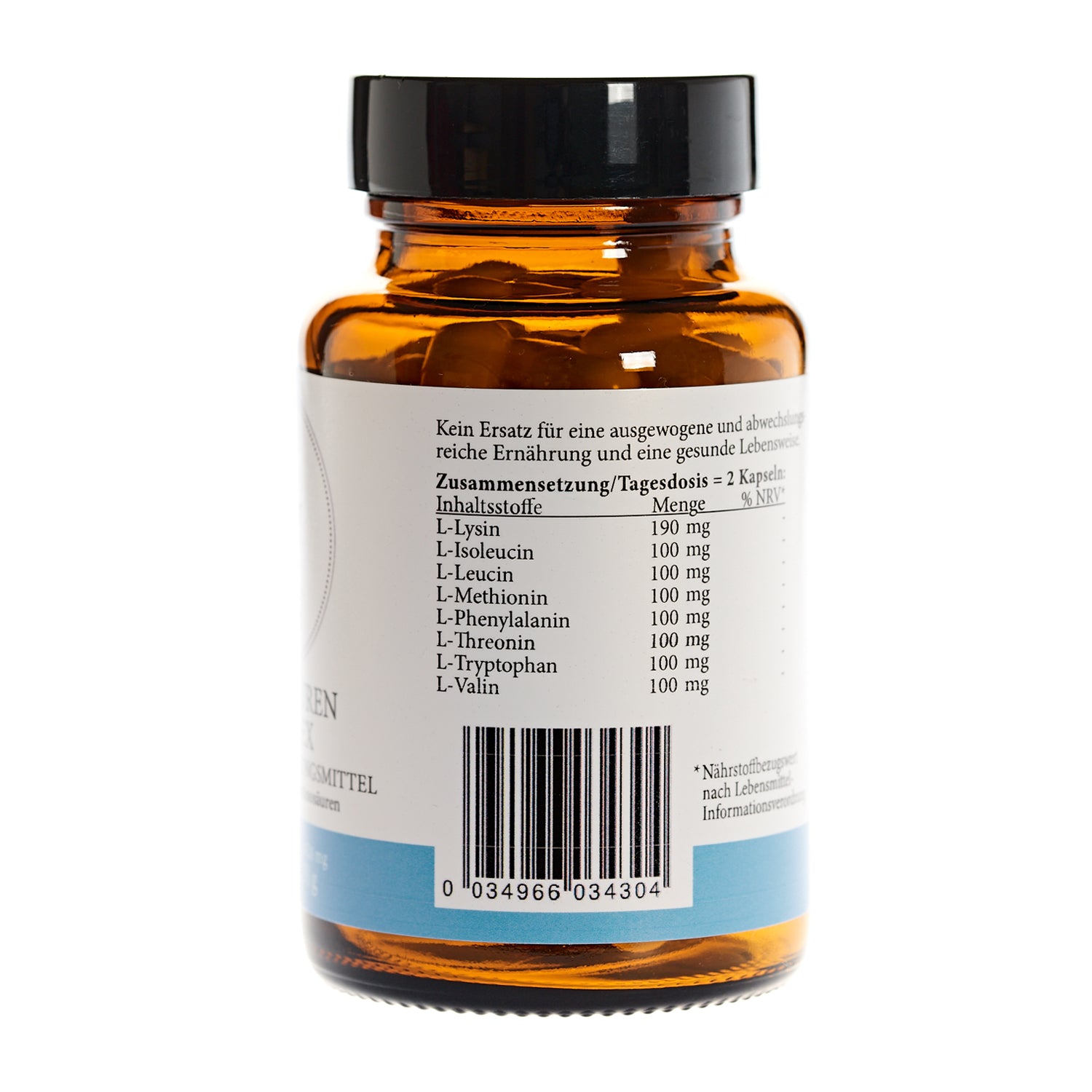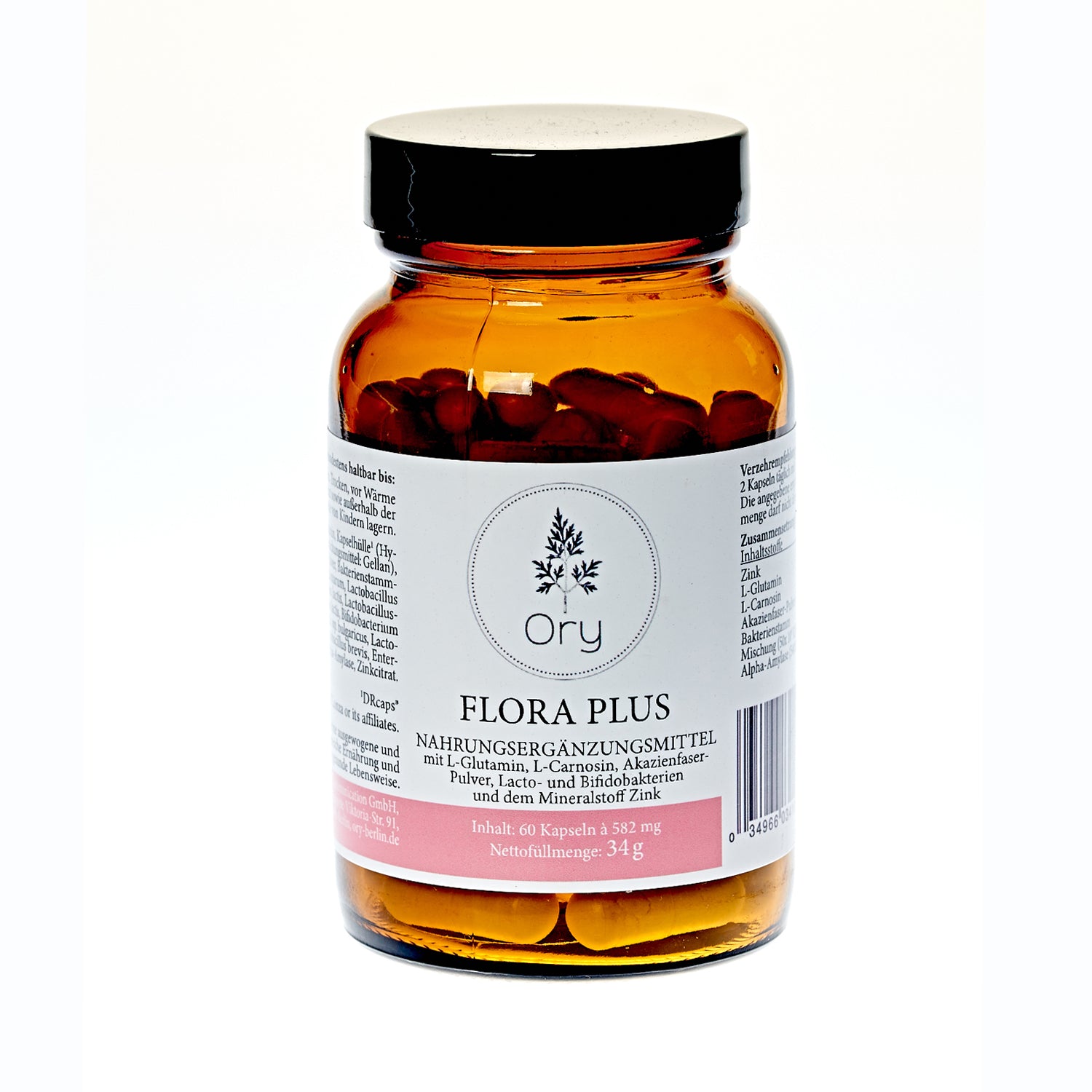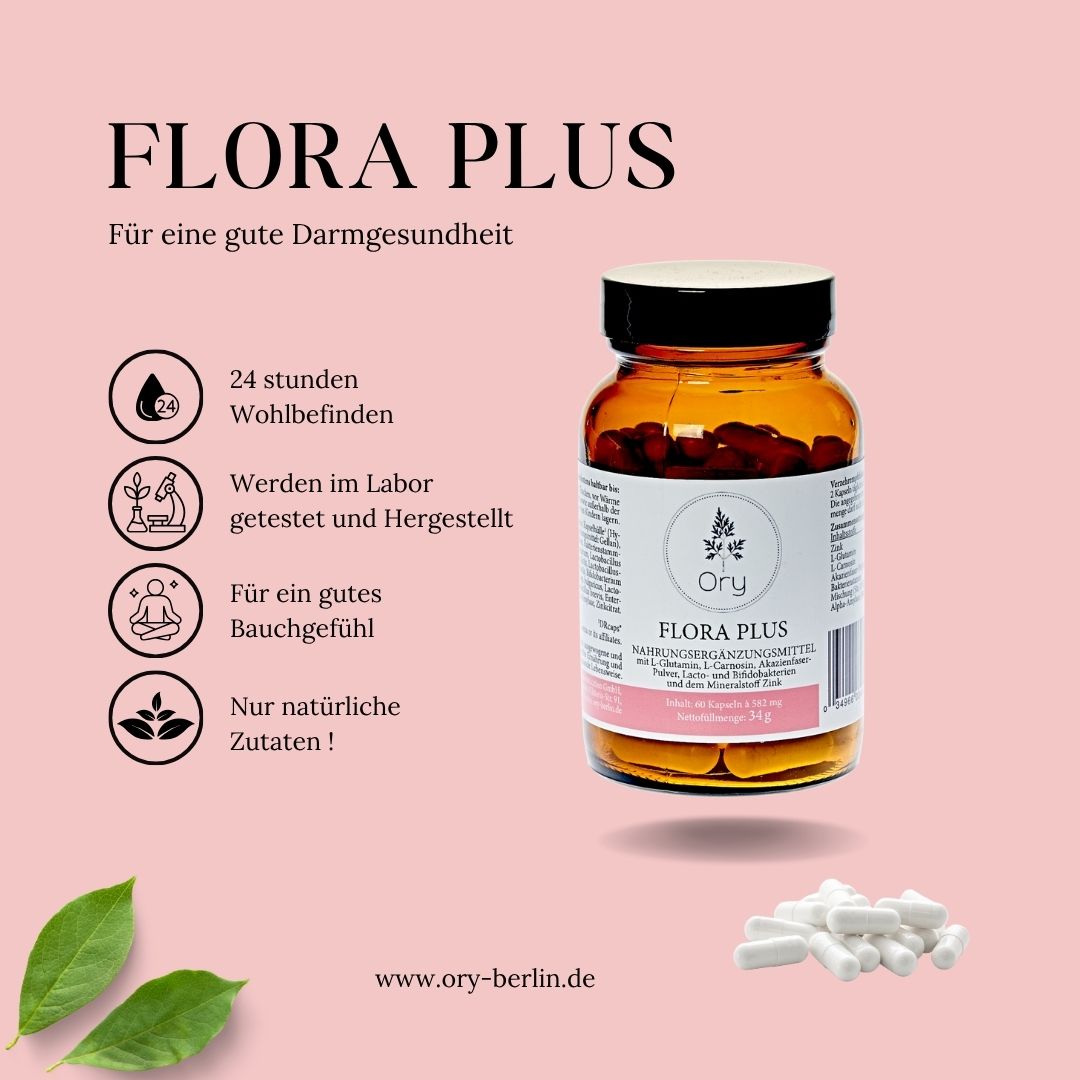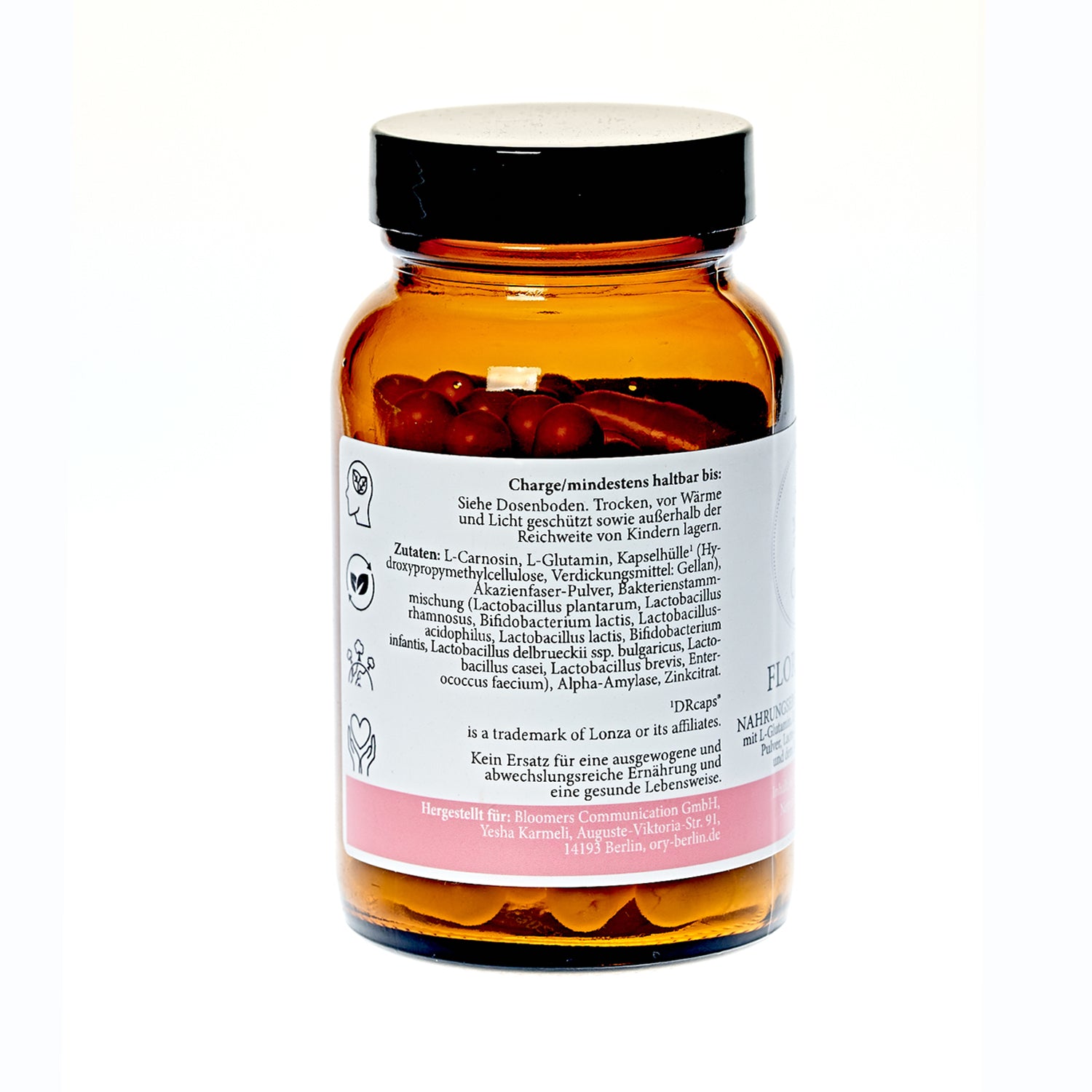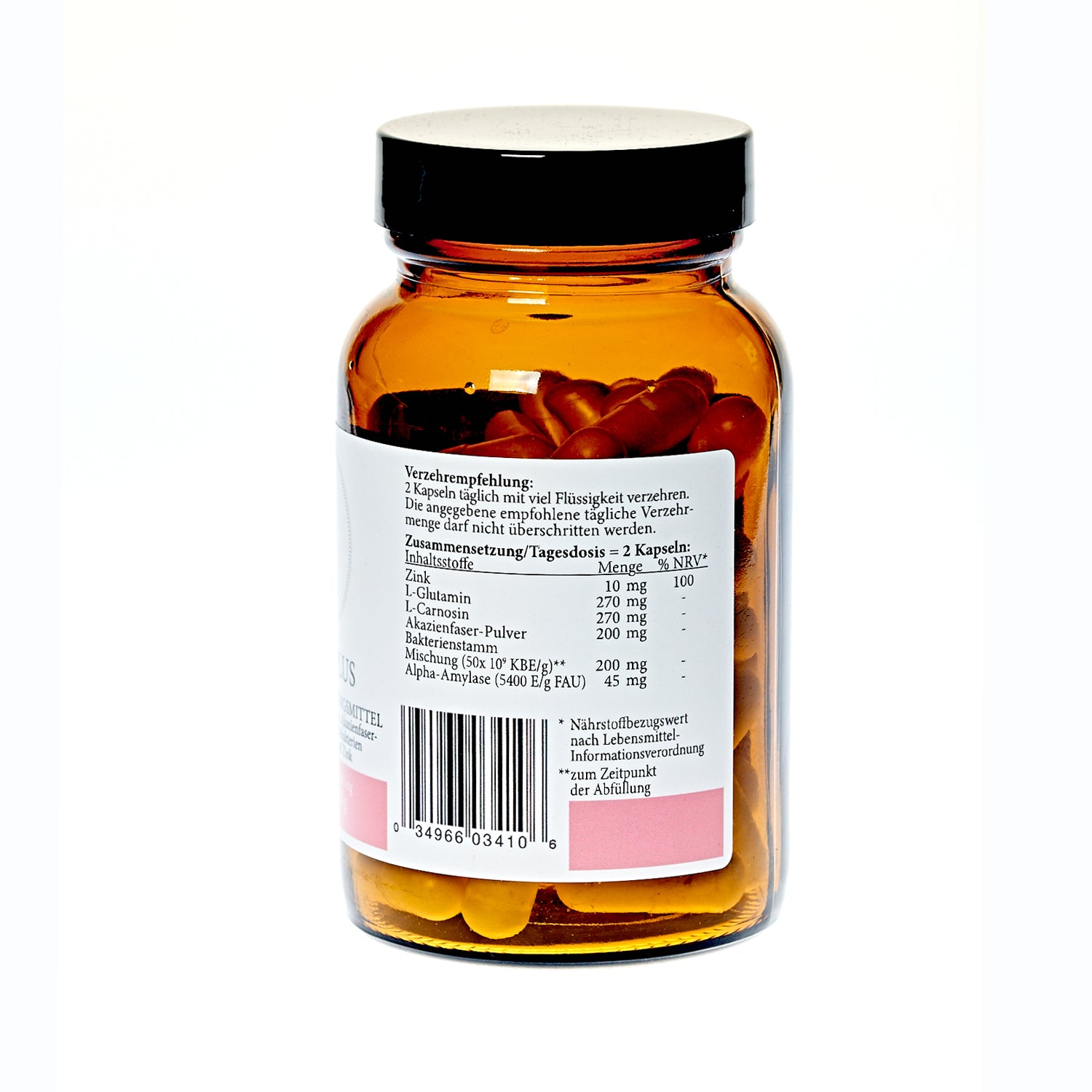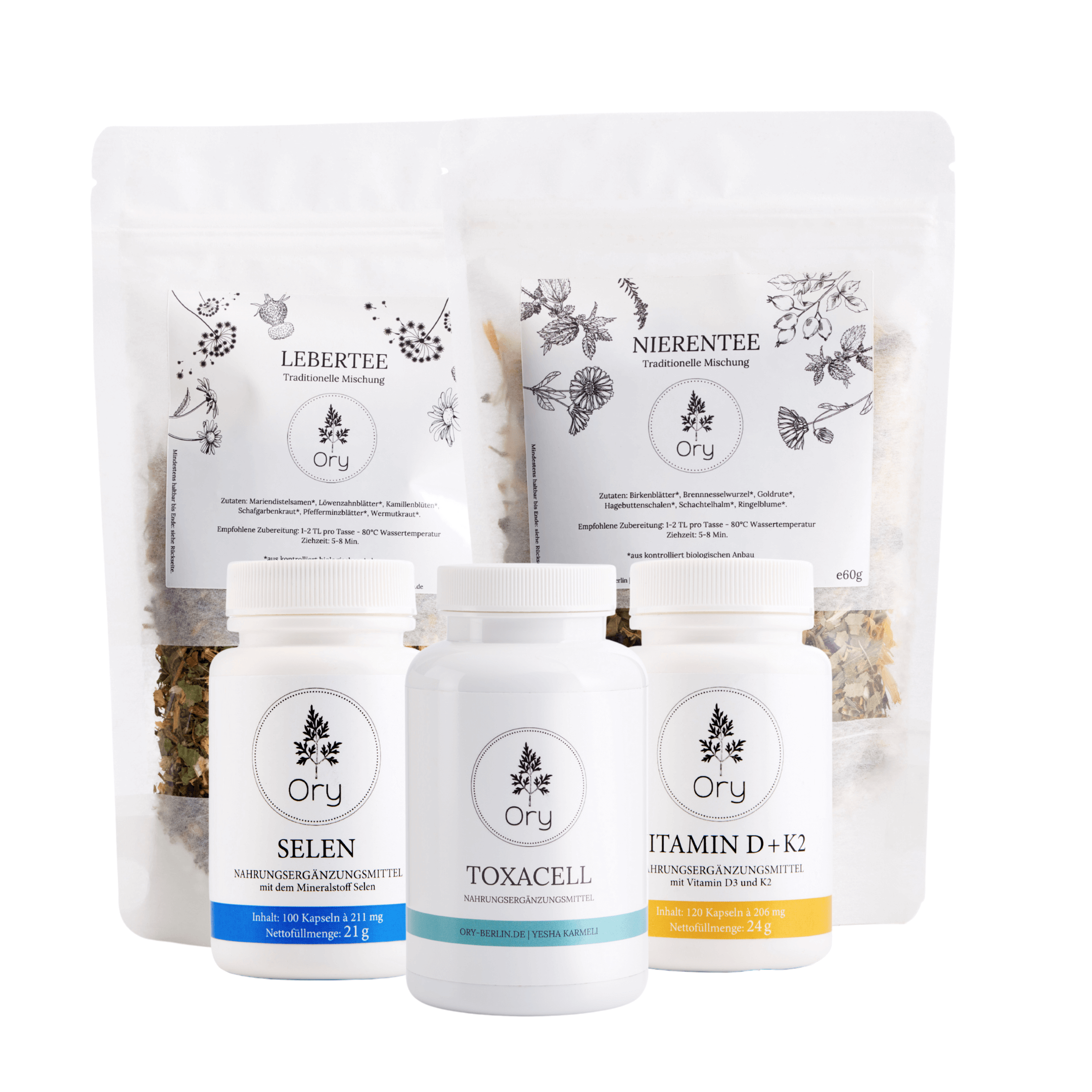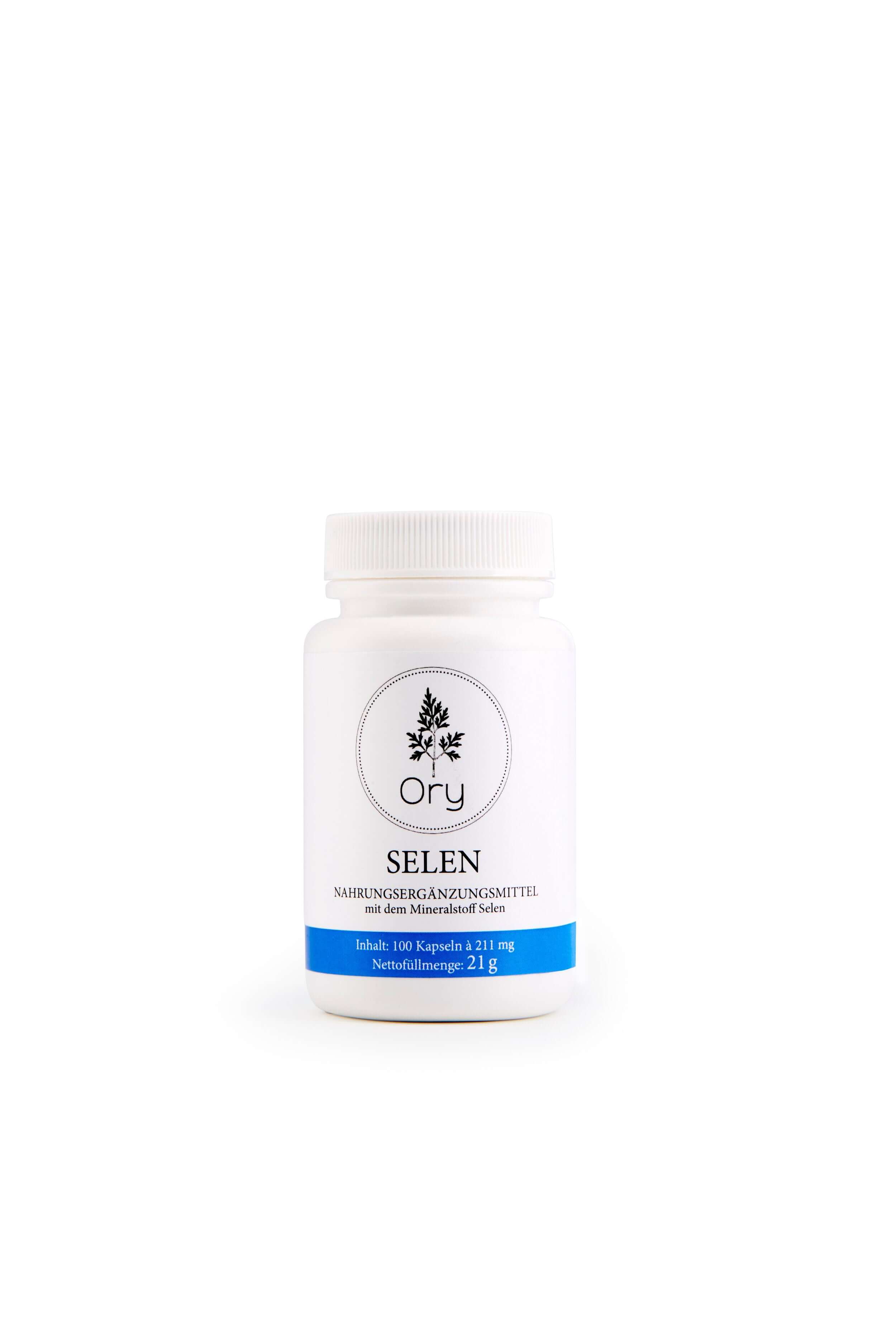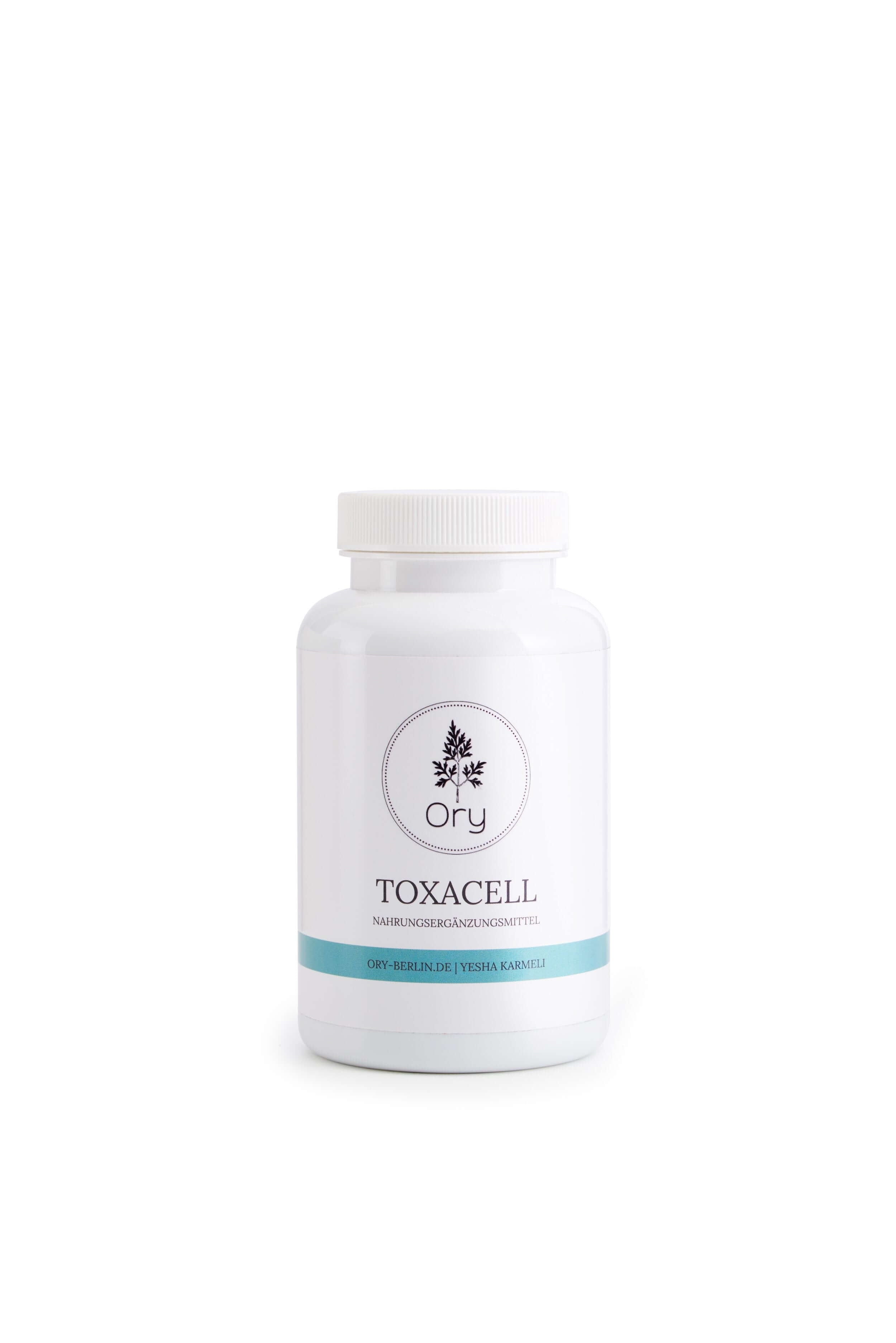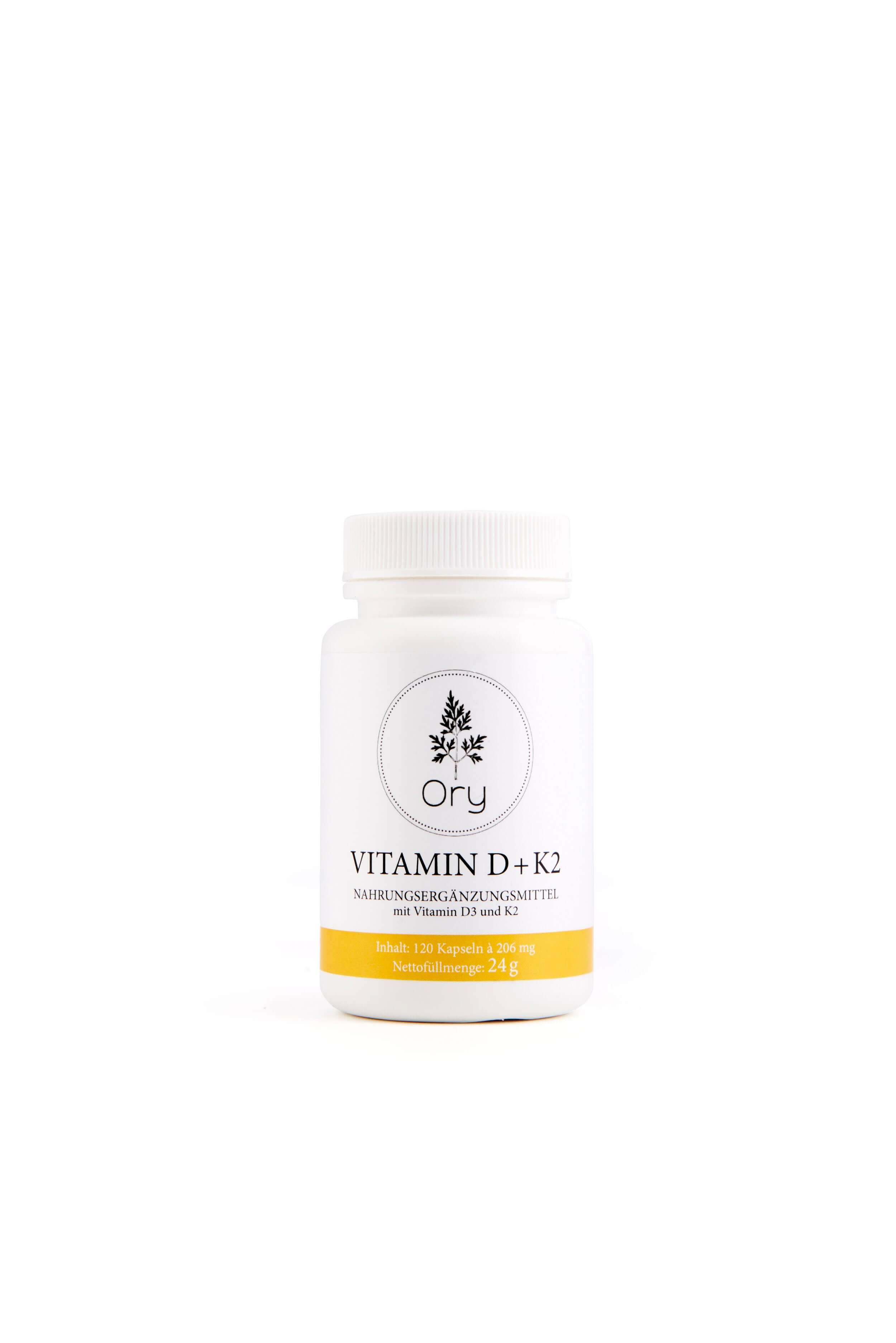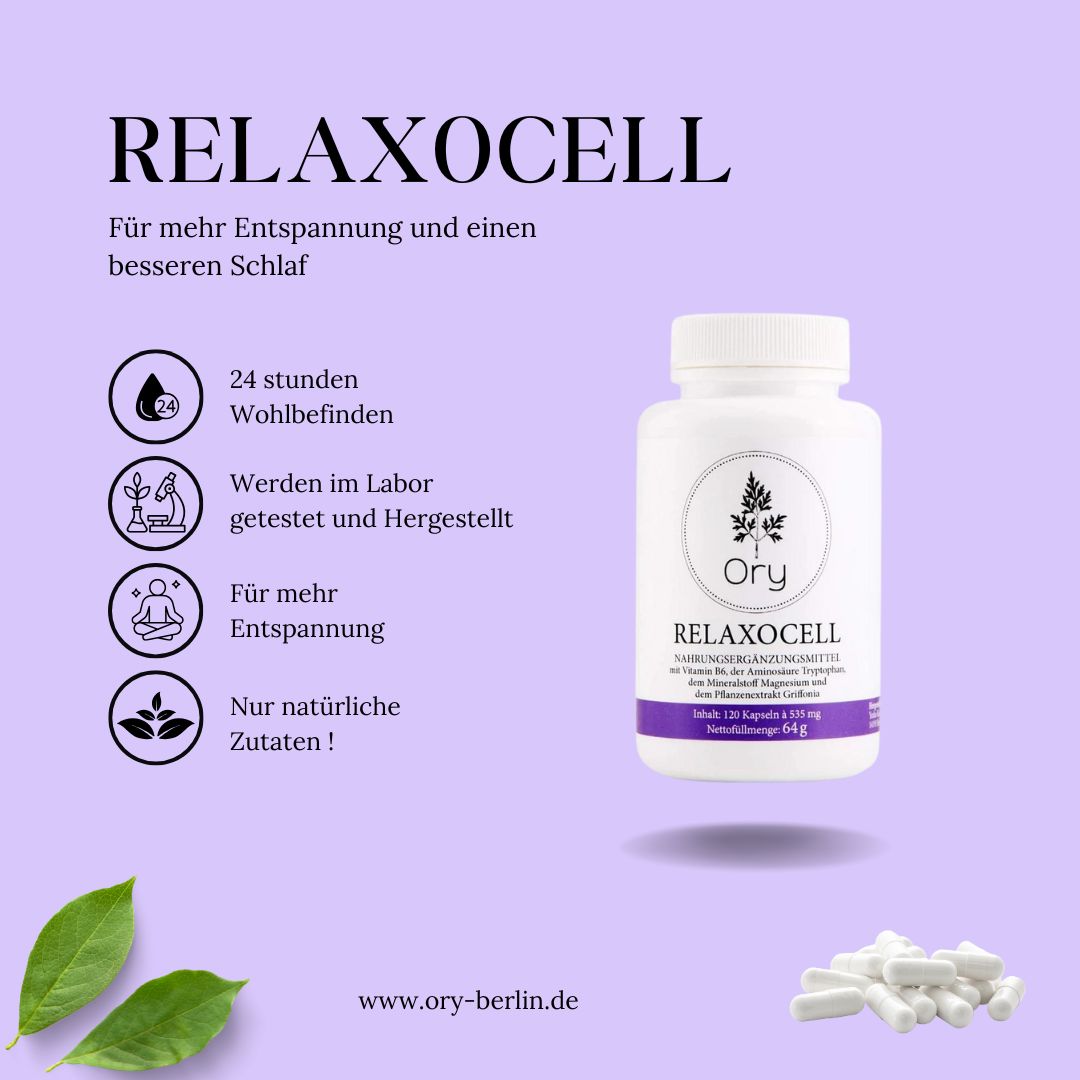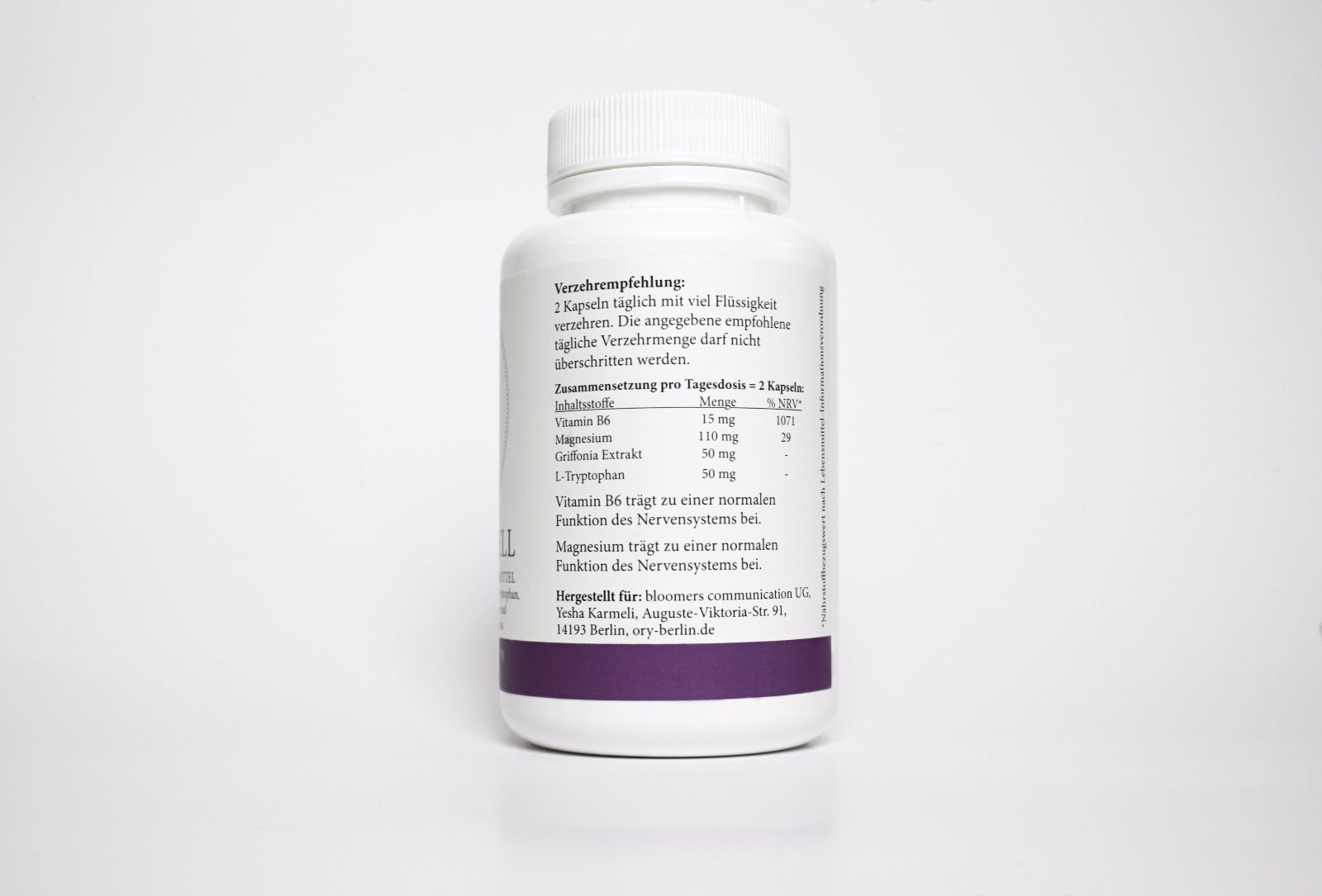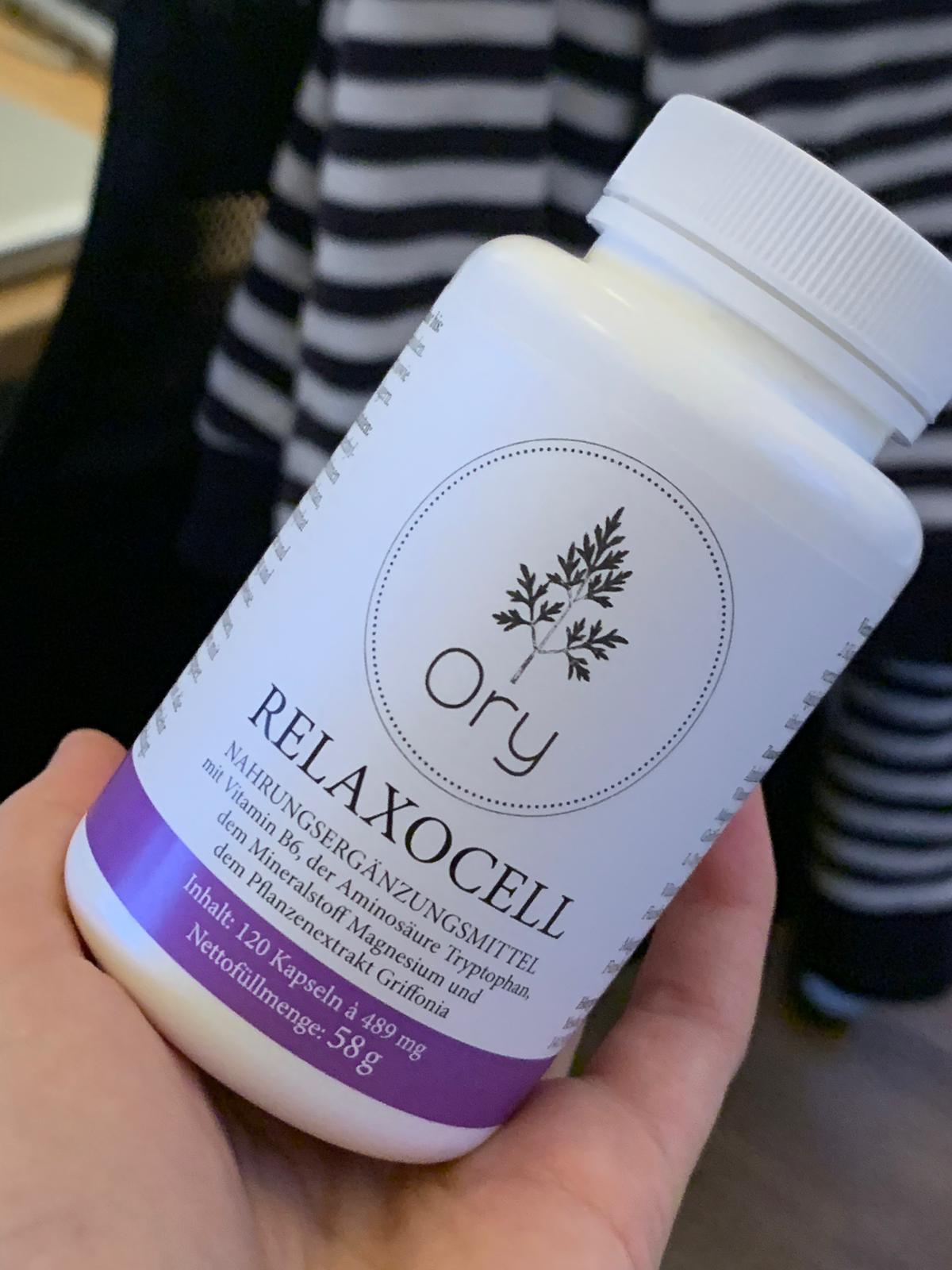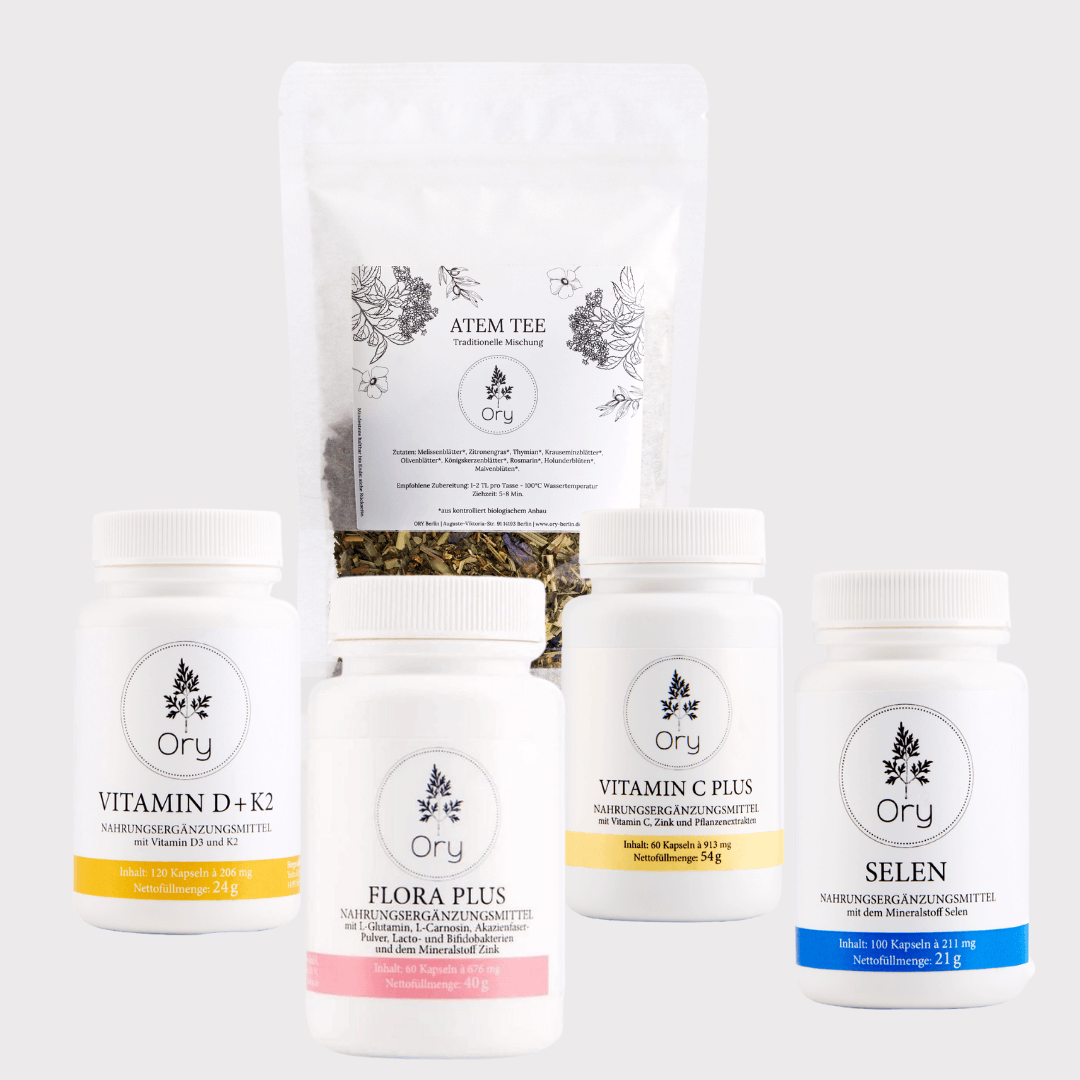
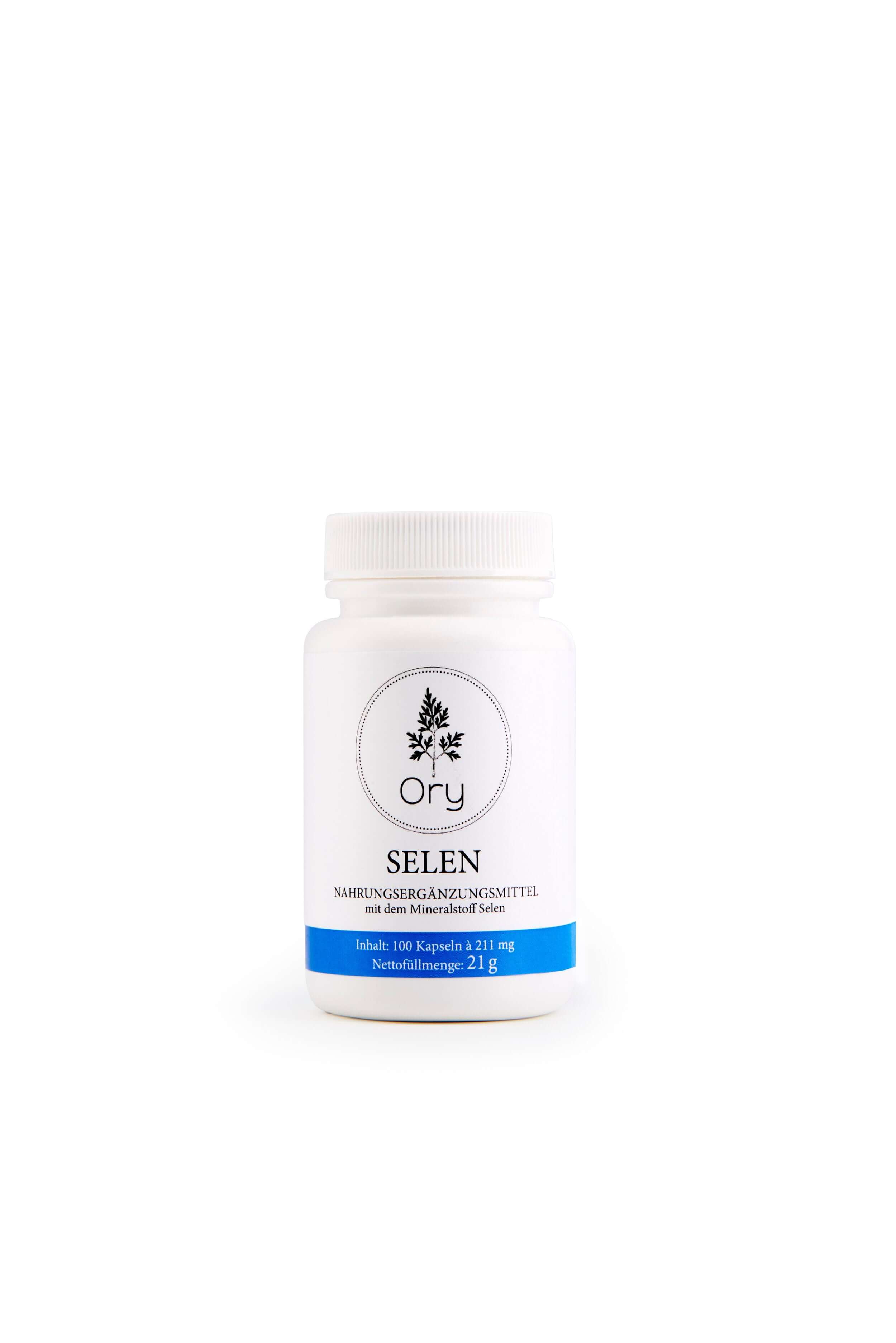
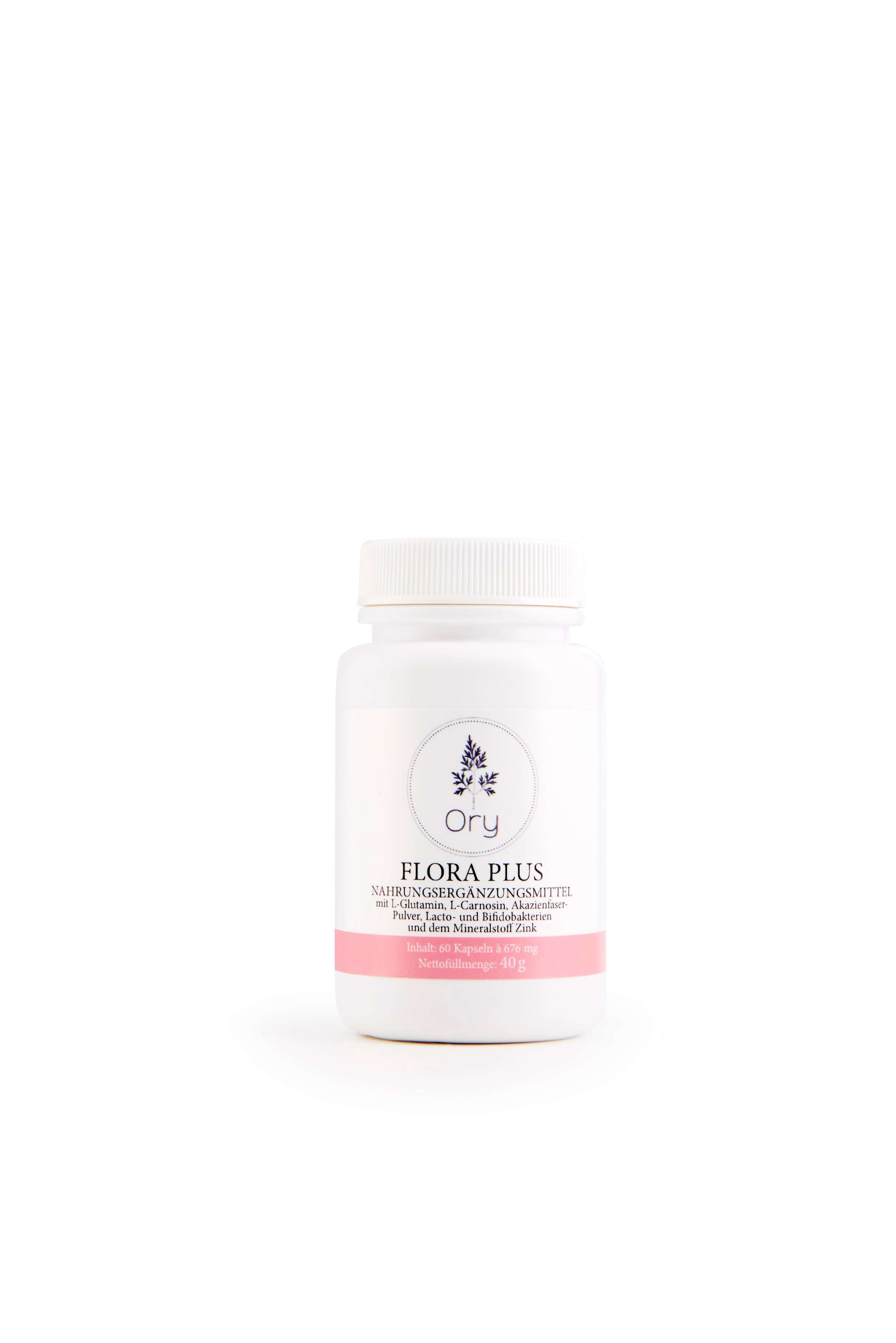
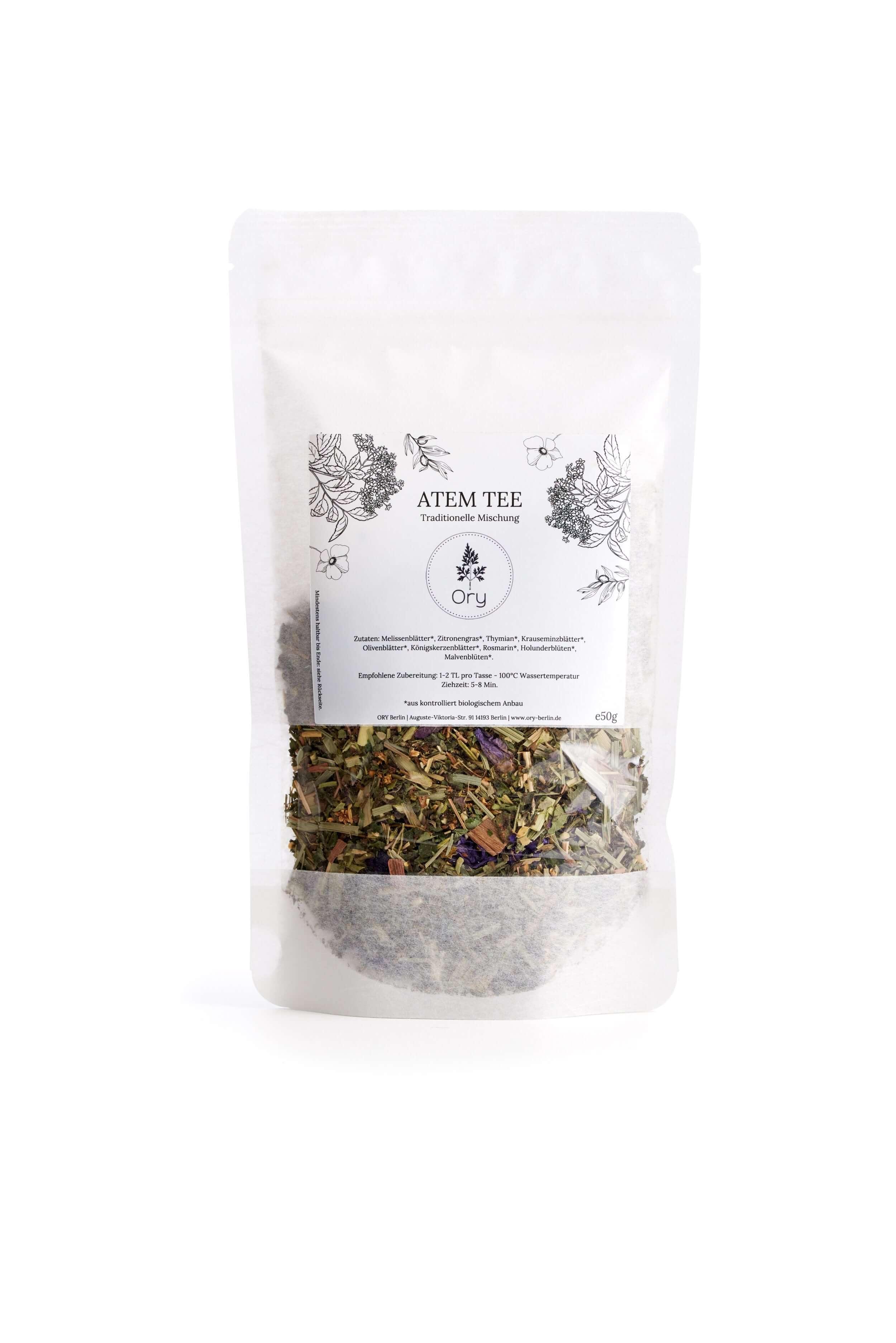
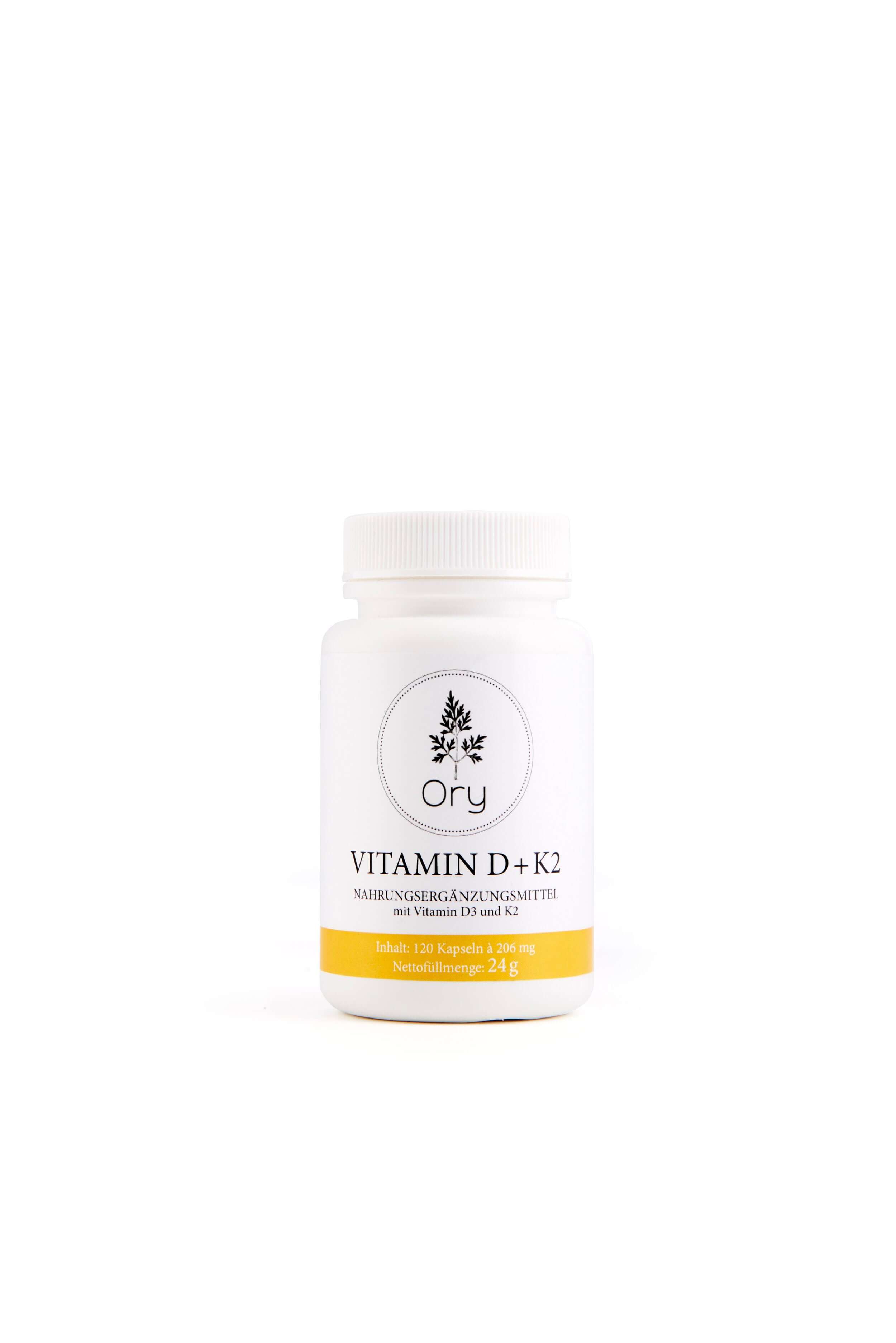
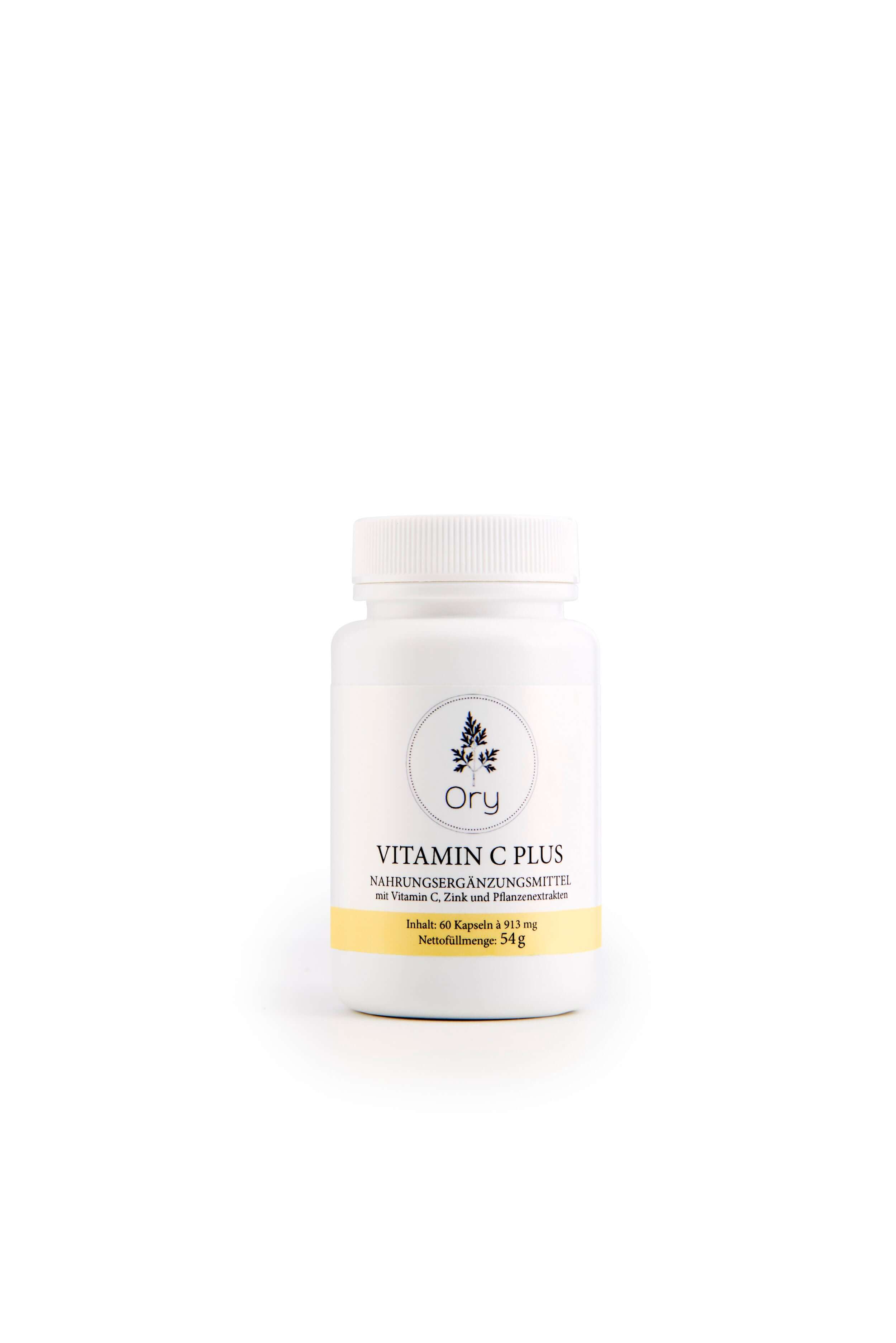
immune package booster
Consisting of: Vitamin D+K2 + Selenium + Flora Plus + Breath Tea + Vitamin C+Zinc. In stock, delivery in 2-5 business days. (Free shipping within Germany for orders over €50) / incl. VAT.
✓ Dietary supplements
✓ Free from fillers, flow agents, release agents or other undesirable additives. Prices include VAT.
Couldn't load pickup availability
Pickup available at ORY
Usually ready in 4 hoursPairs well with

immune package booster
The ORY difference - Medical quality is our top priority.
Certified in laboratories
Use laboratory certification for superior product quality.
Developed by experts
Professionally developed products based on years of practical experience.
Scientifically based
Perform precise and reliable diagnostic tests comfortably at home
Product details
INGREDIENTS & COMPOSITION
DELIVERY & TIMEFRAME
APPLICATION & DOSAGE
BENEFITS & SPECIAL FEATURES
If you have any questions, you are always welcome to contact us. We'll get back to you as soon as possible, within 24 hours on weekdays.
-
Shipping Information
Use this text to answer questions in as much detail as possible for your customers.
-
Customer Support
Use this text to answer questions in as much detail as possible for your customers.
-
FAQs
Use this text to answer questions in as much detail as possible for your customers.
-
Contact Us
Use this text to answer questions in as much detail as possible for your customers.

Understanding immune system mechanisms
.

History of immunology research

Benefits of a healthy intestinal flora

Long-term studies on immune strengthening
FAQs
Please read our FAQs page to find out more.
What does the package contain?
How should it be used?
Are there any possible side effects?
Who should not use this product?
How should it be stored?

